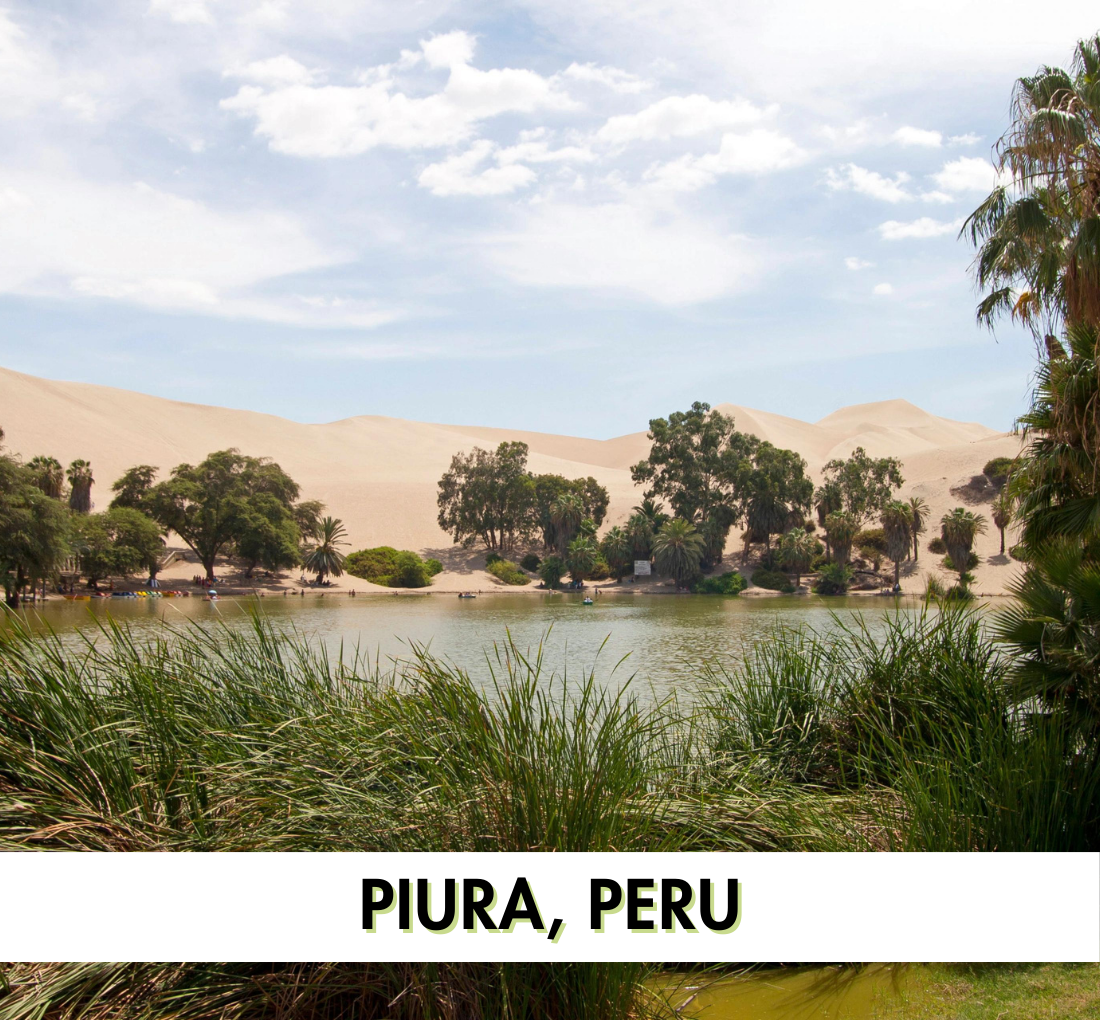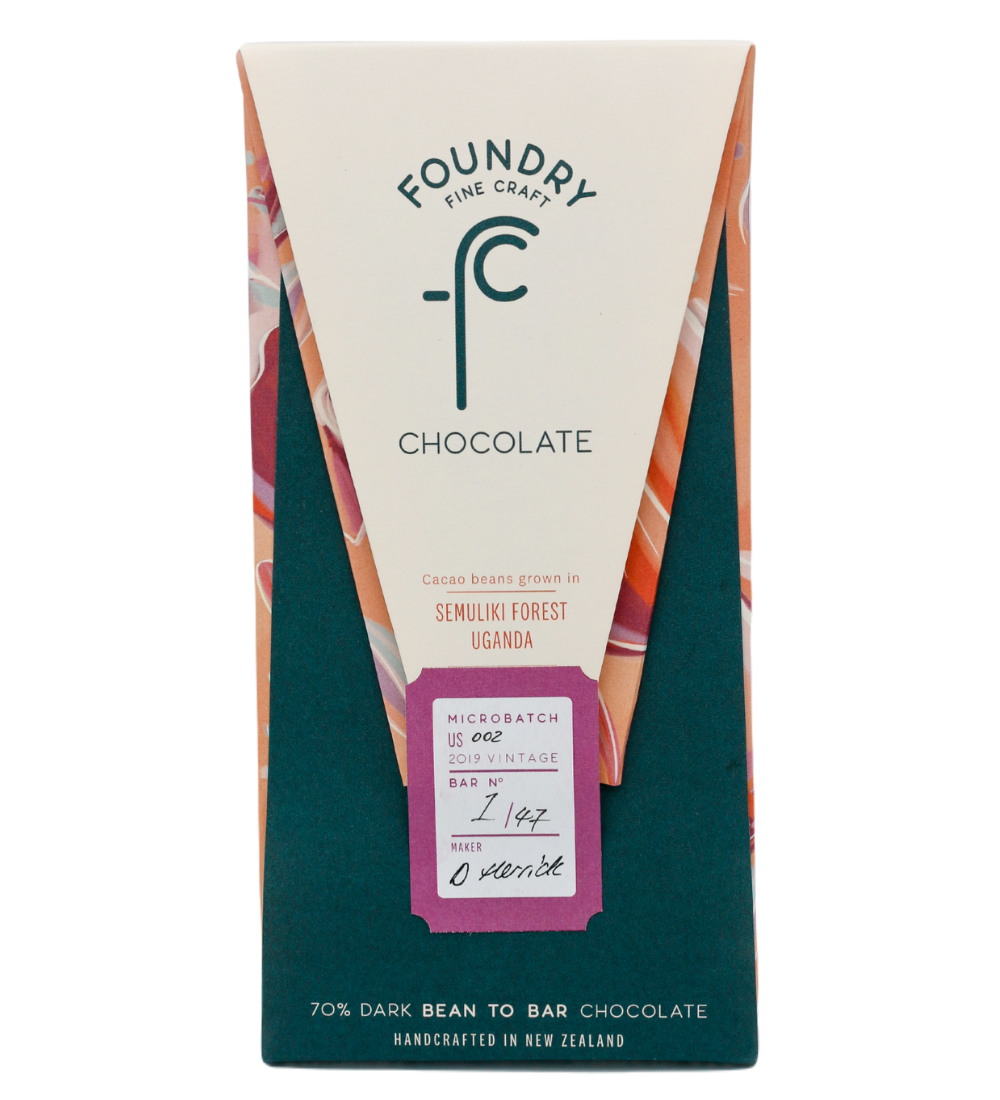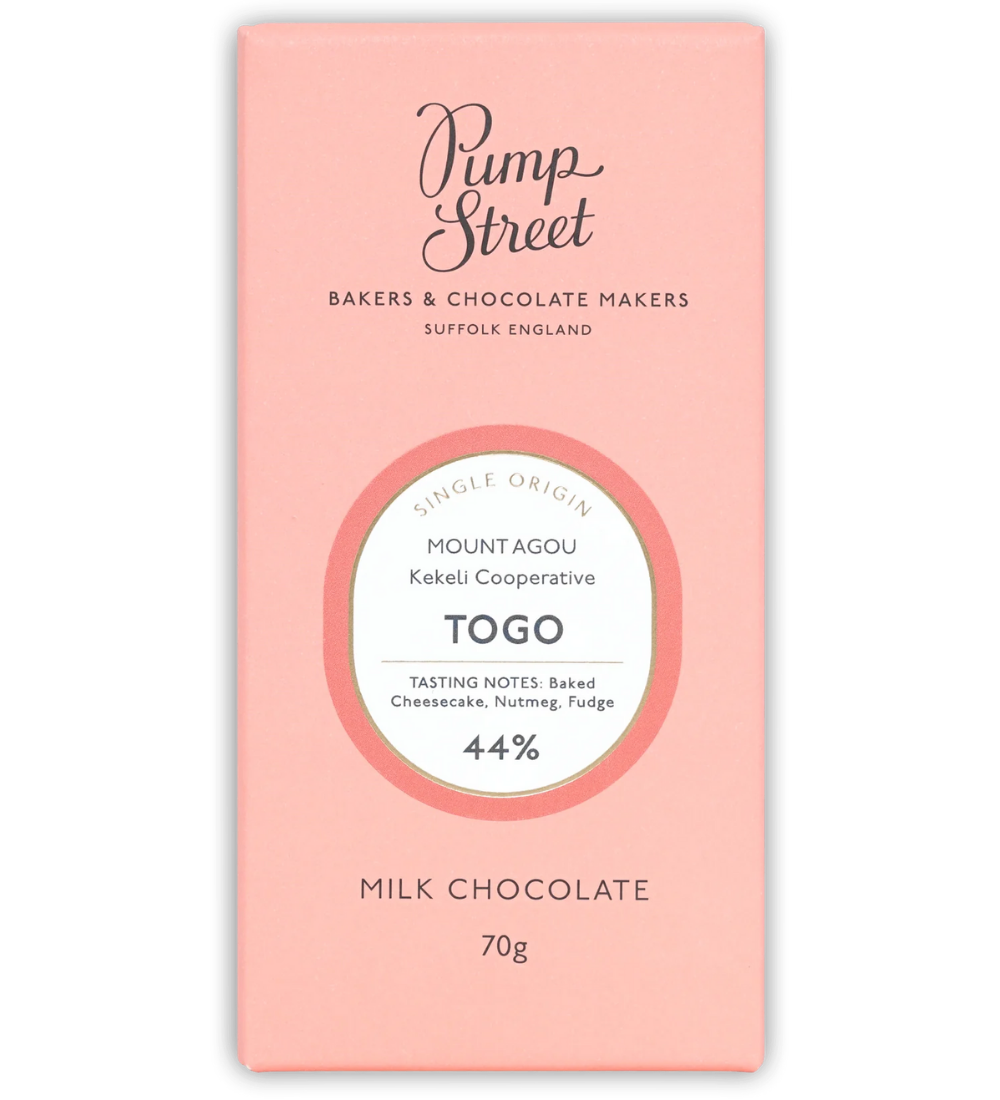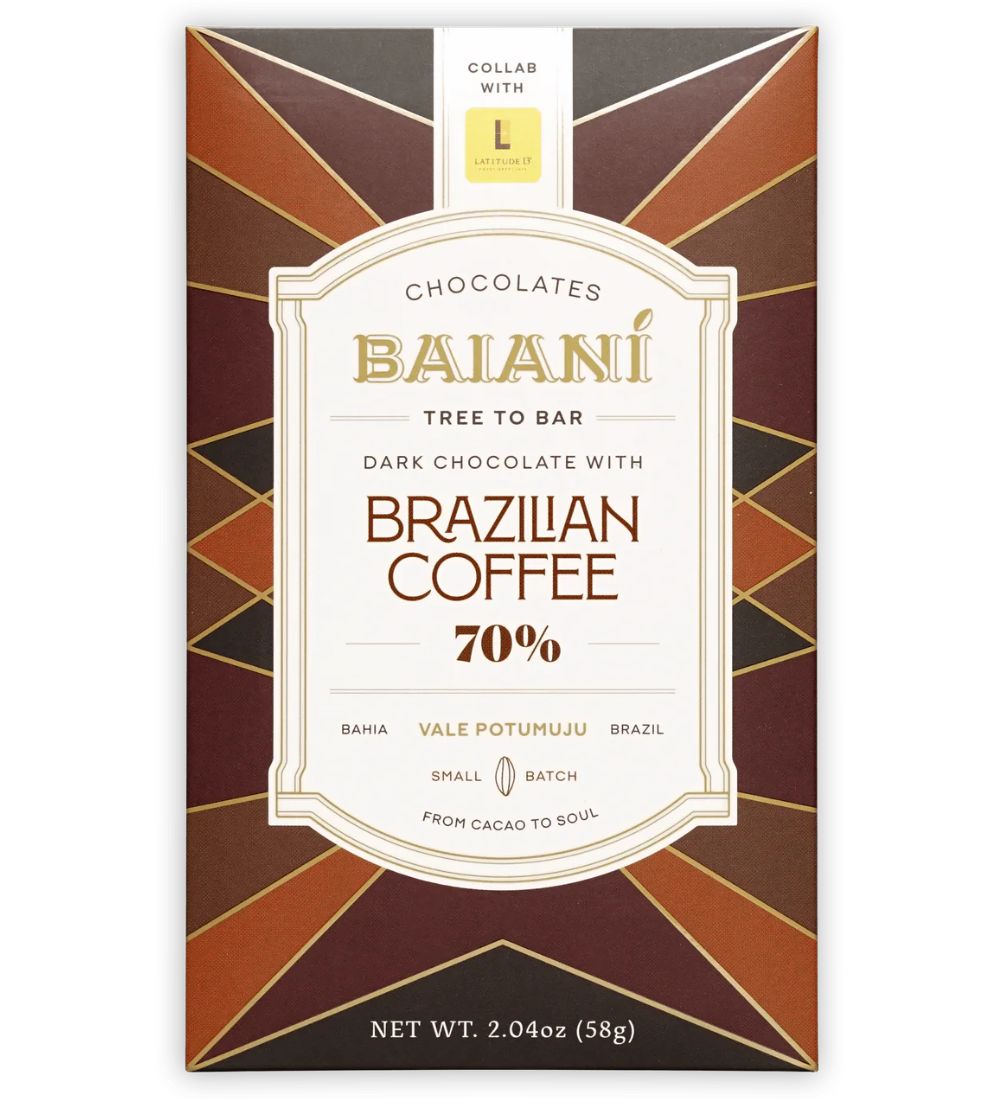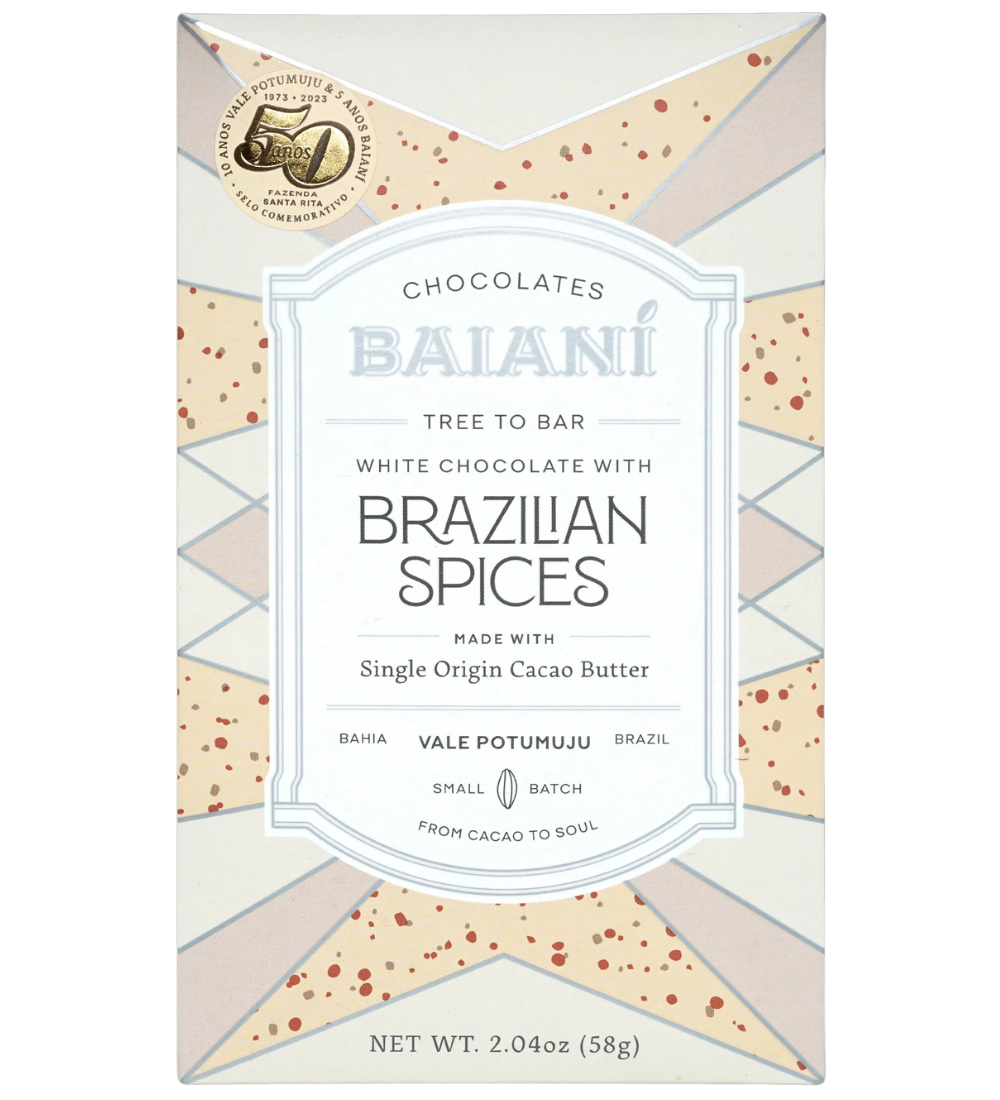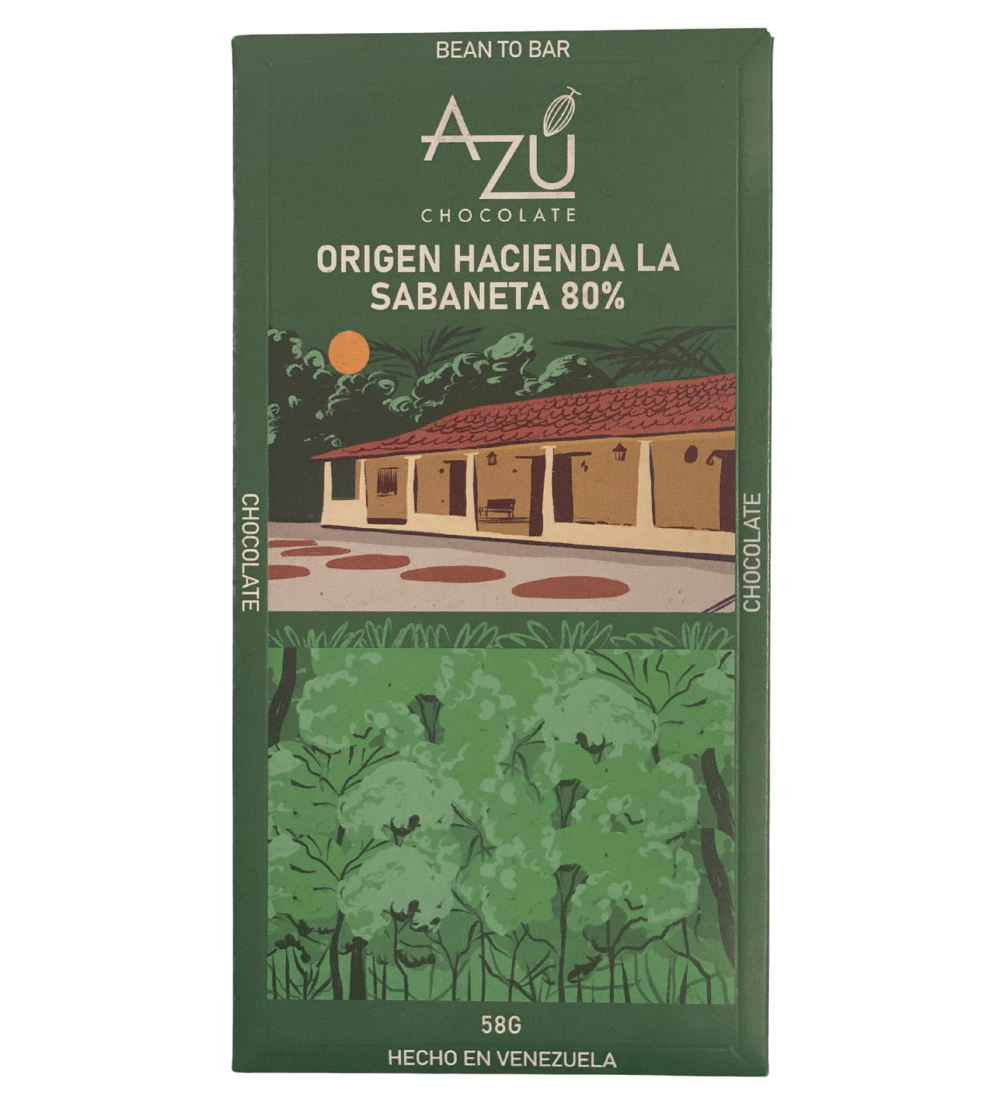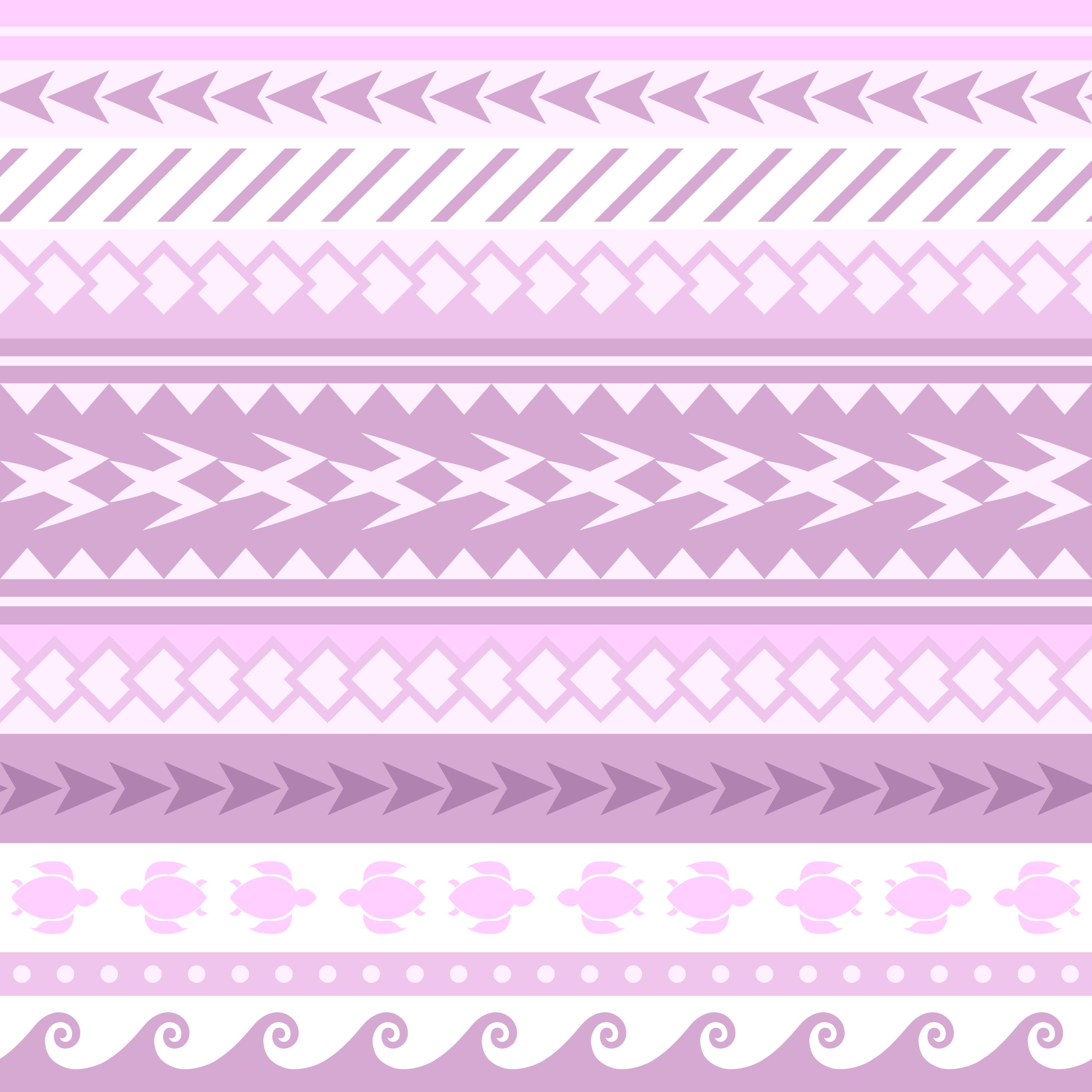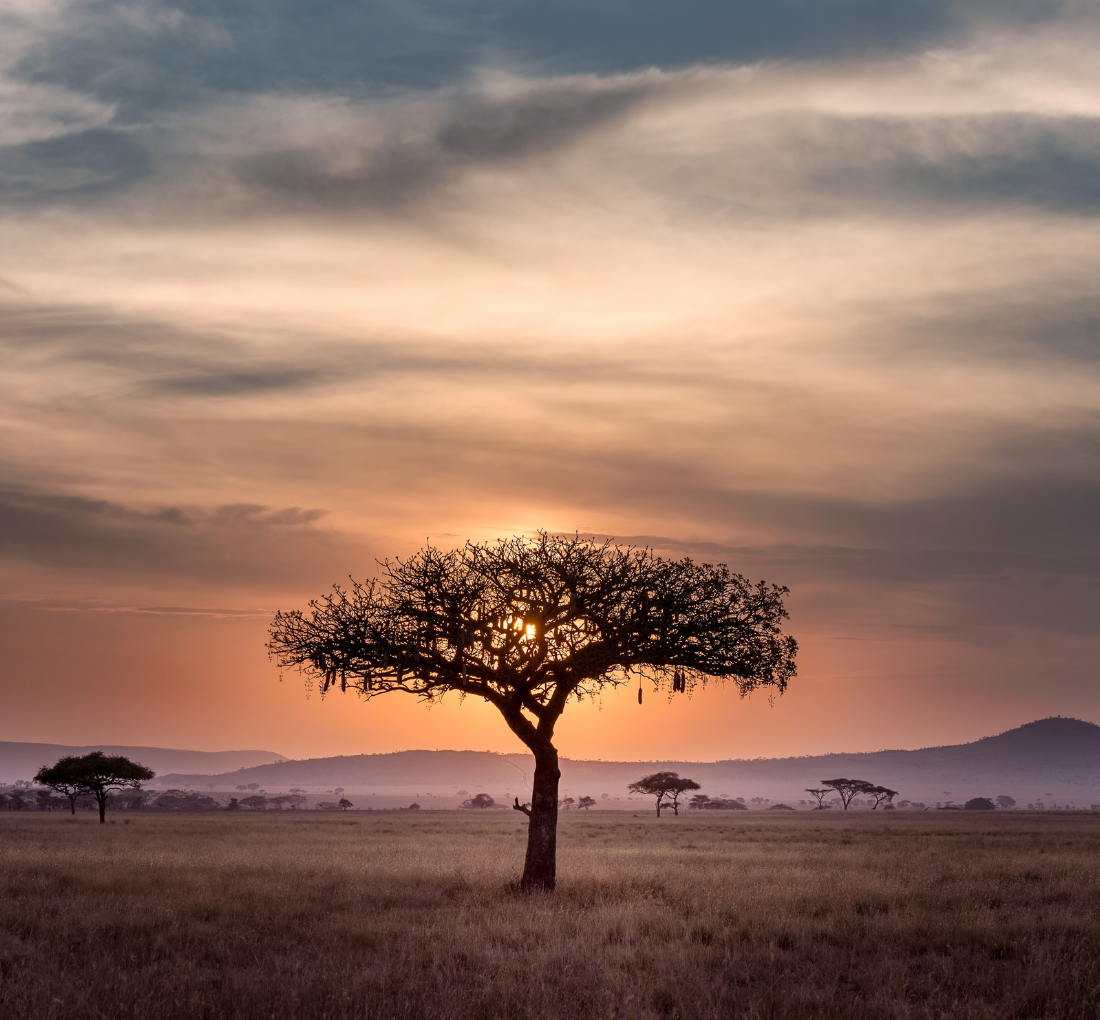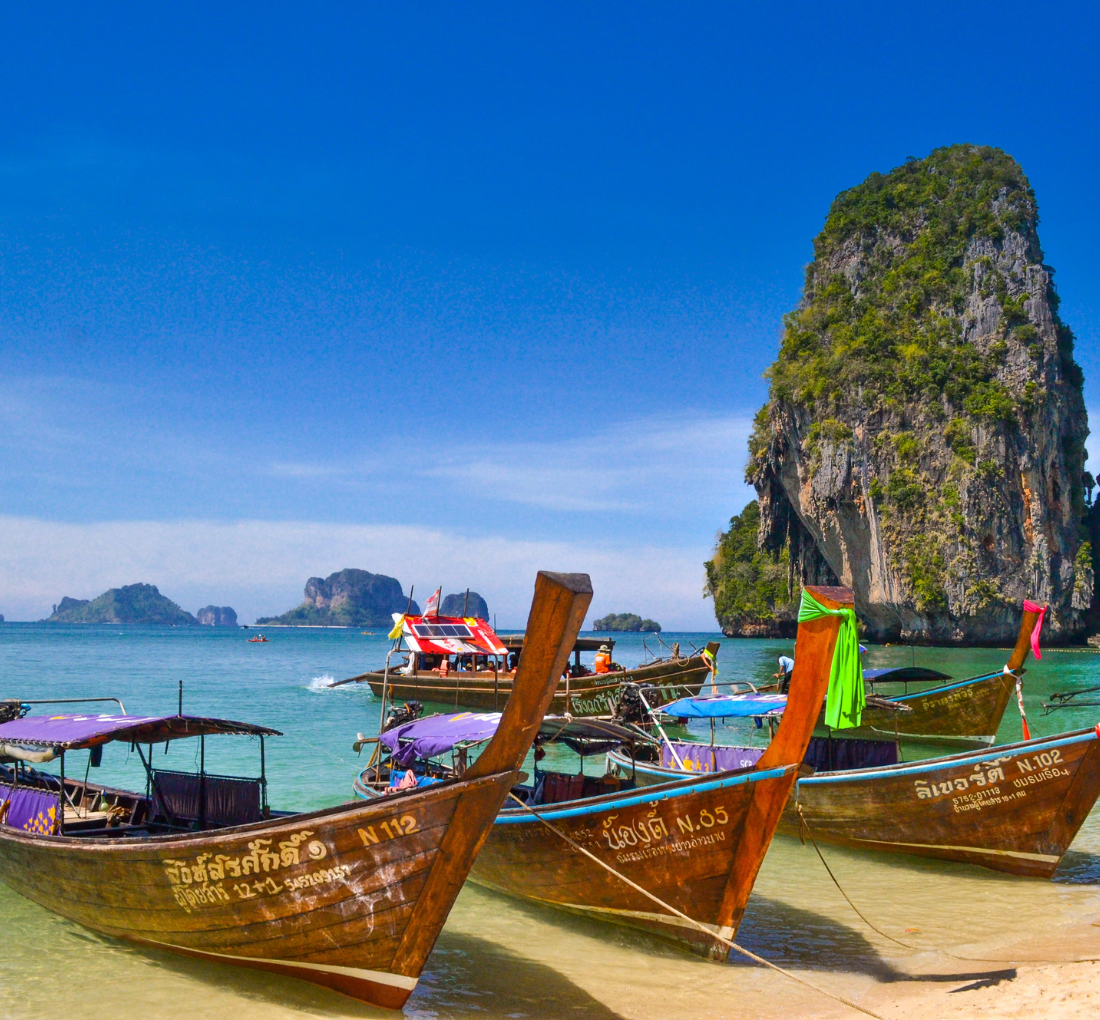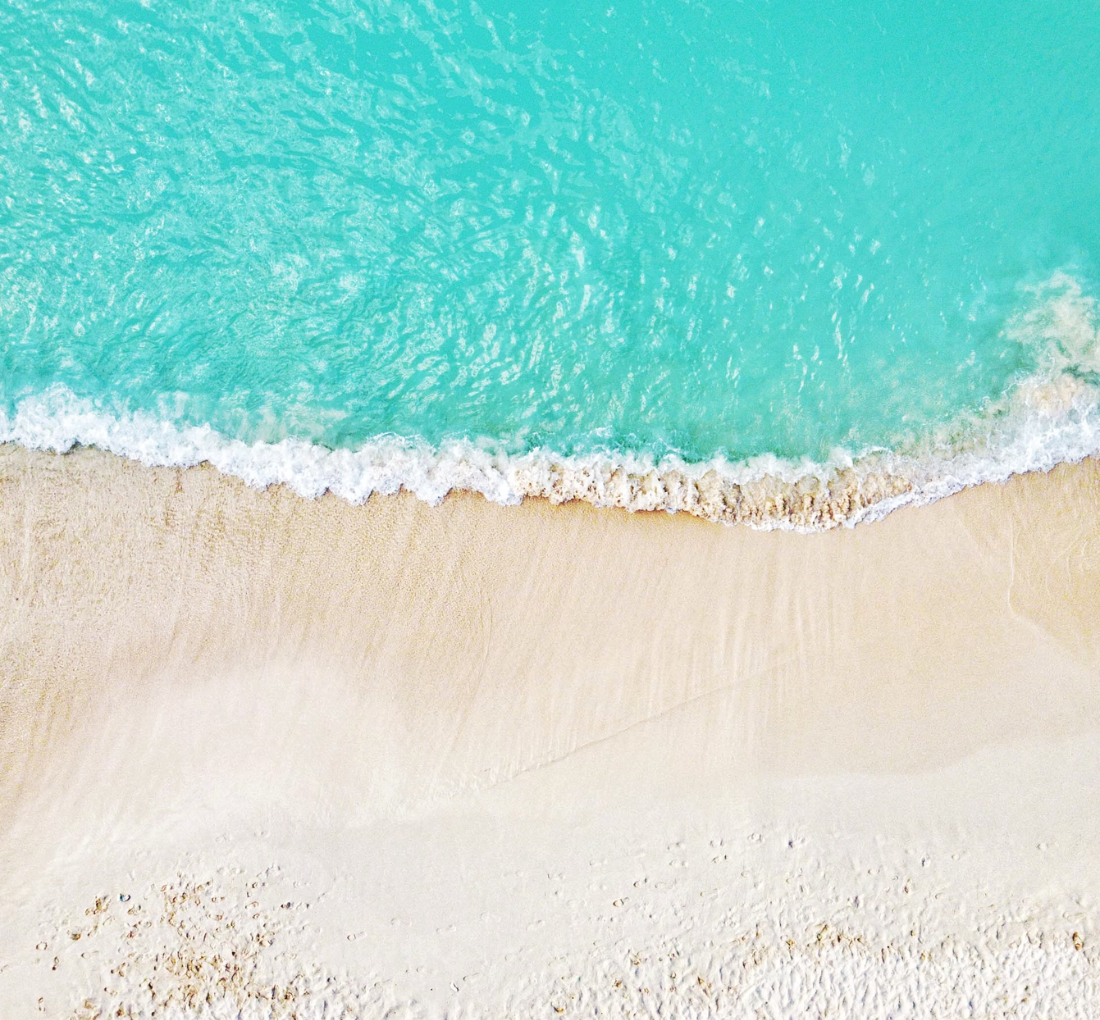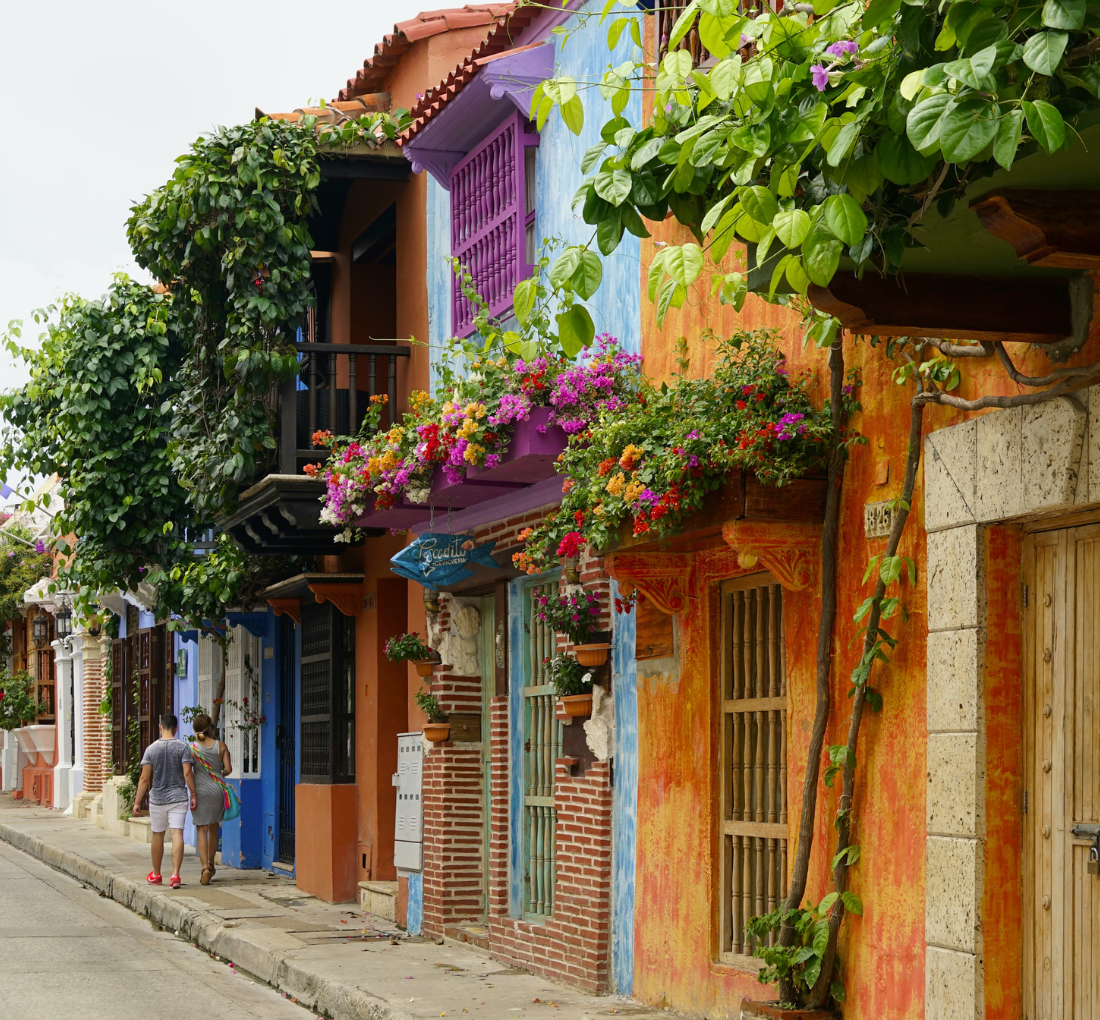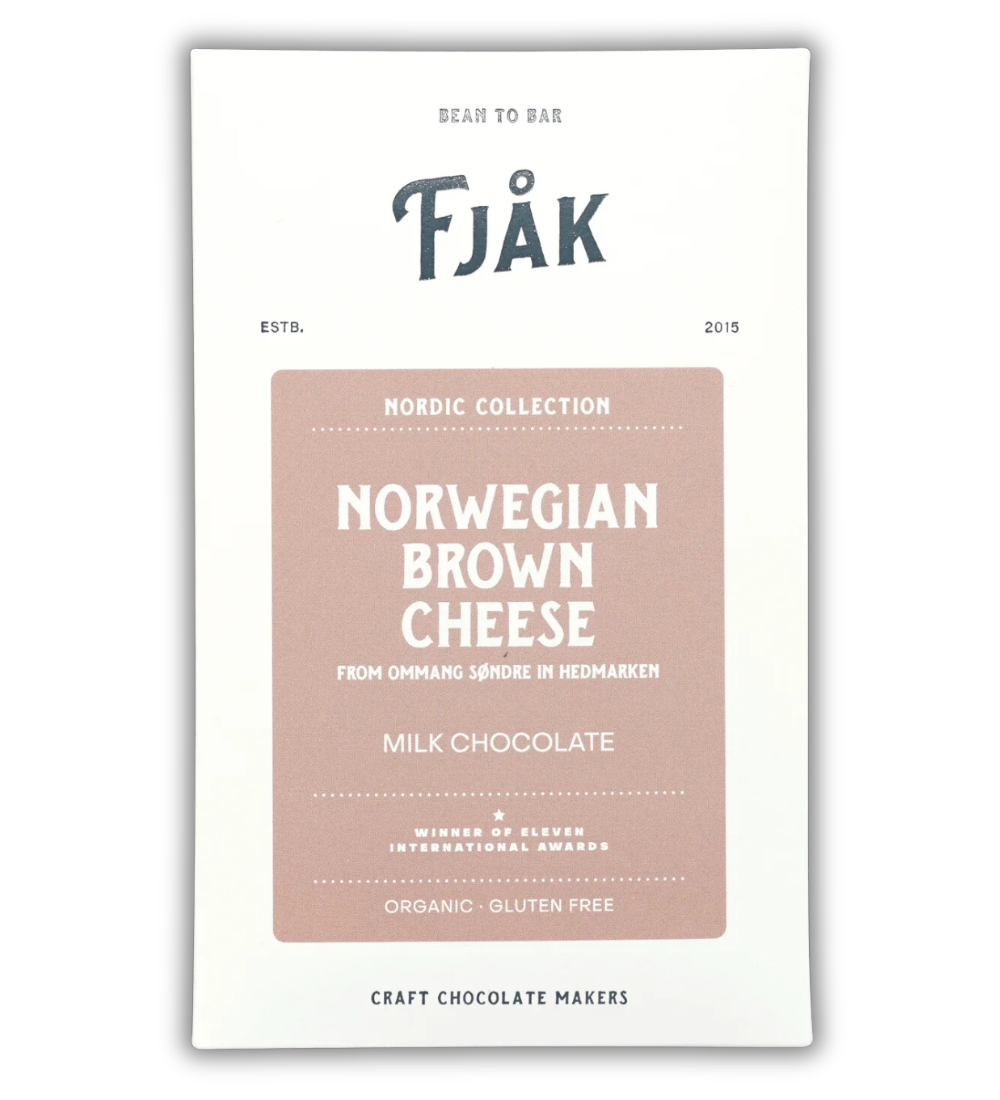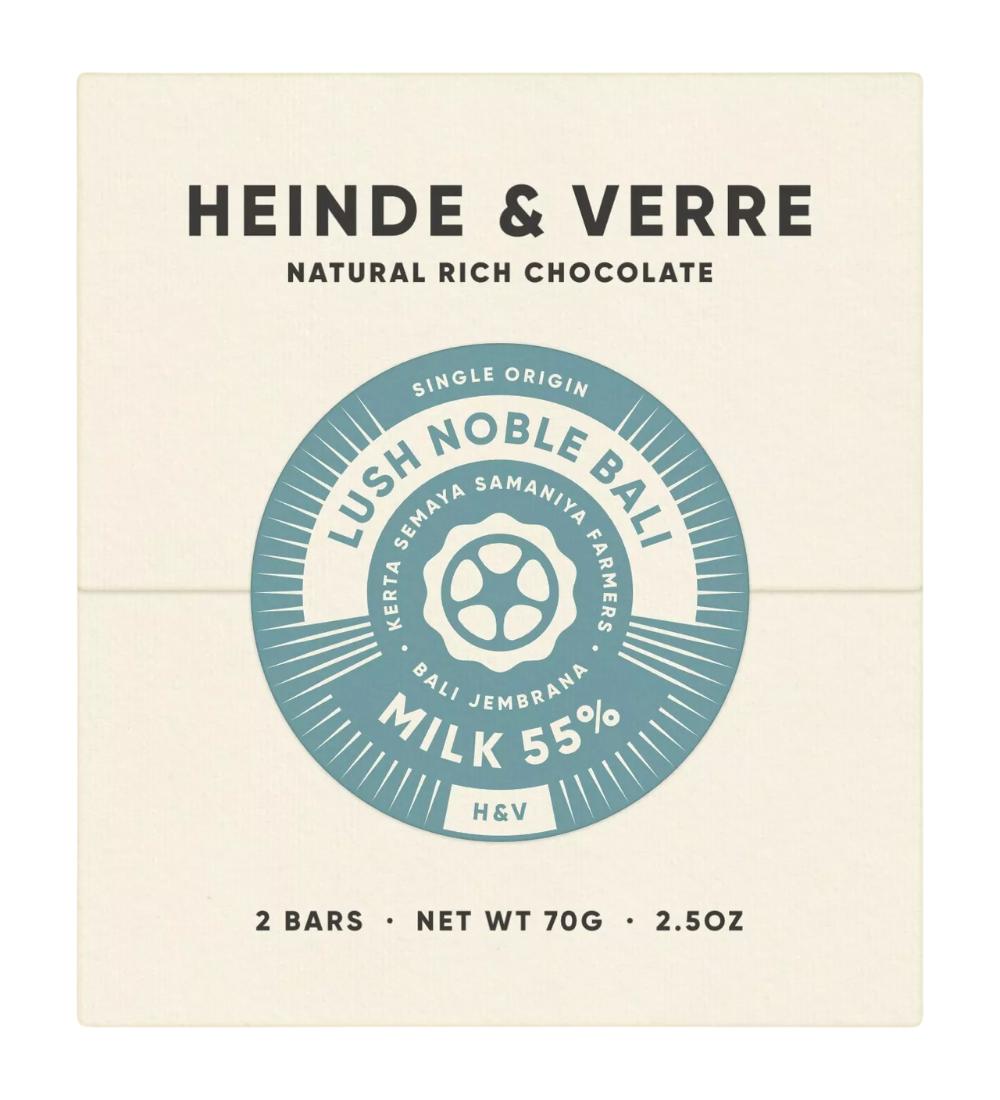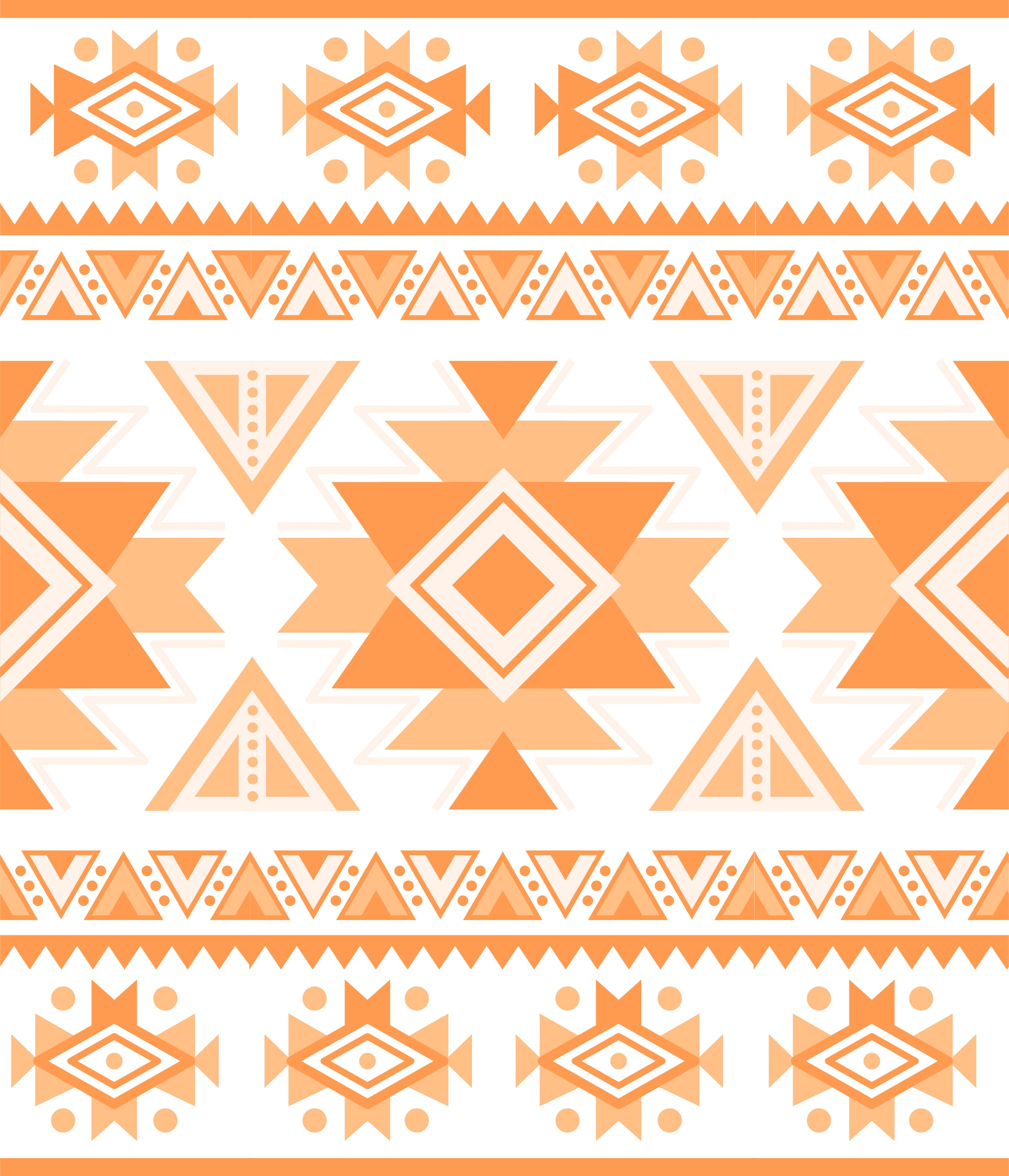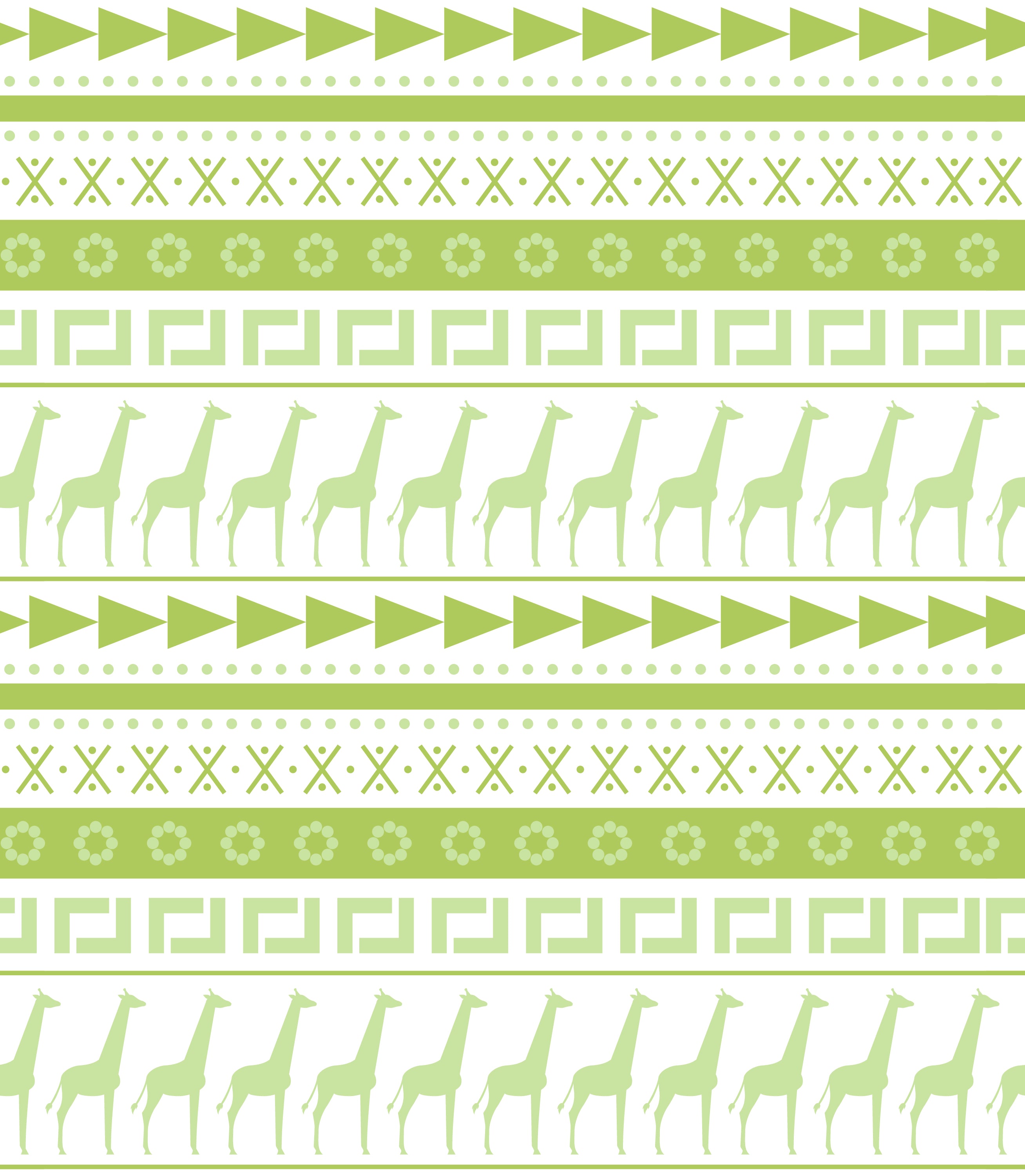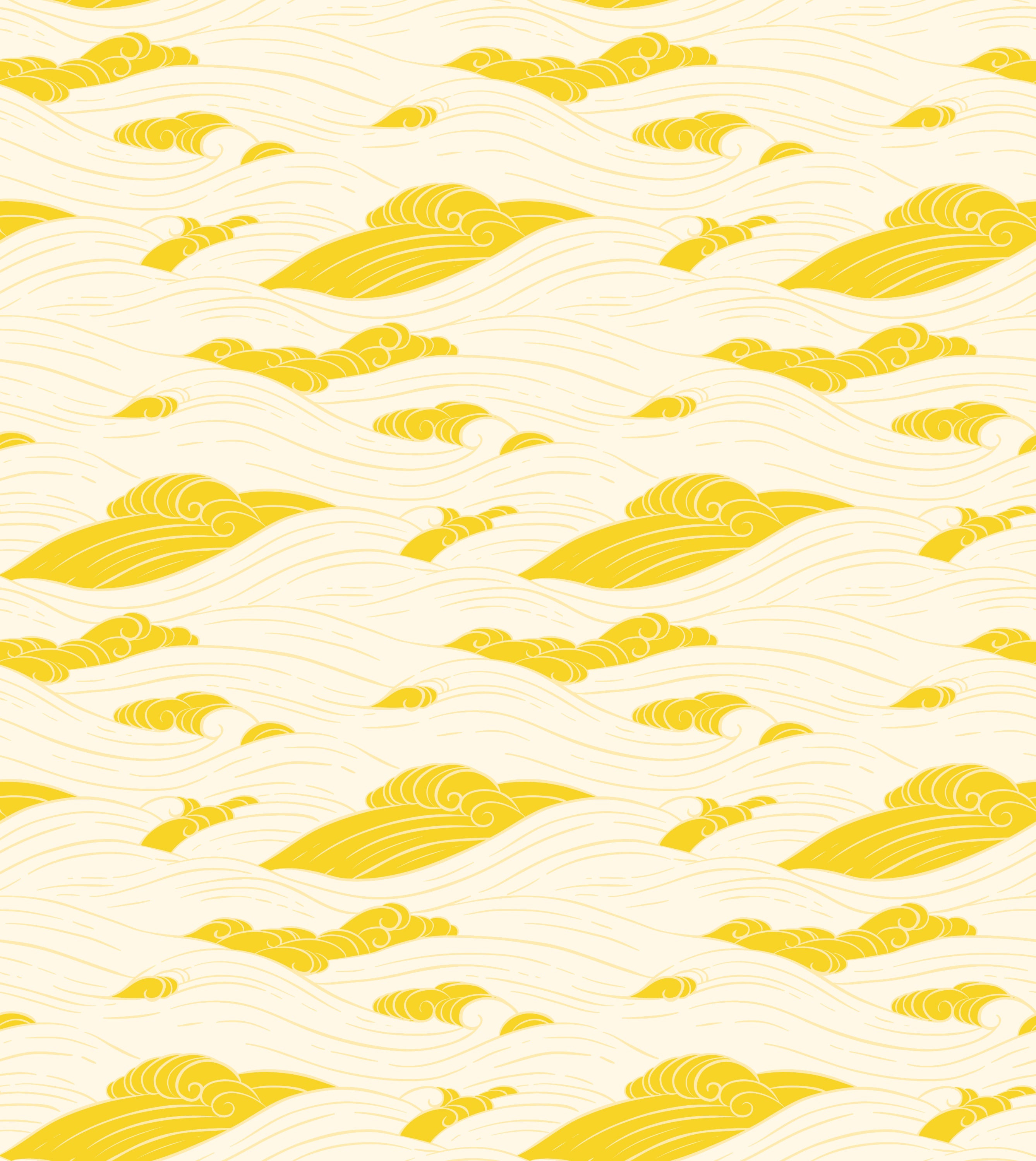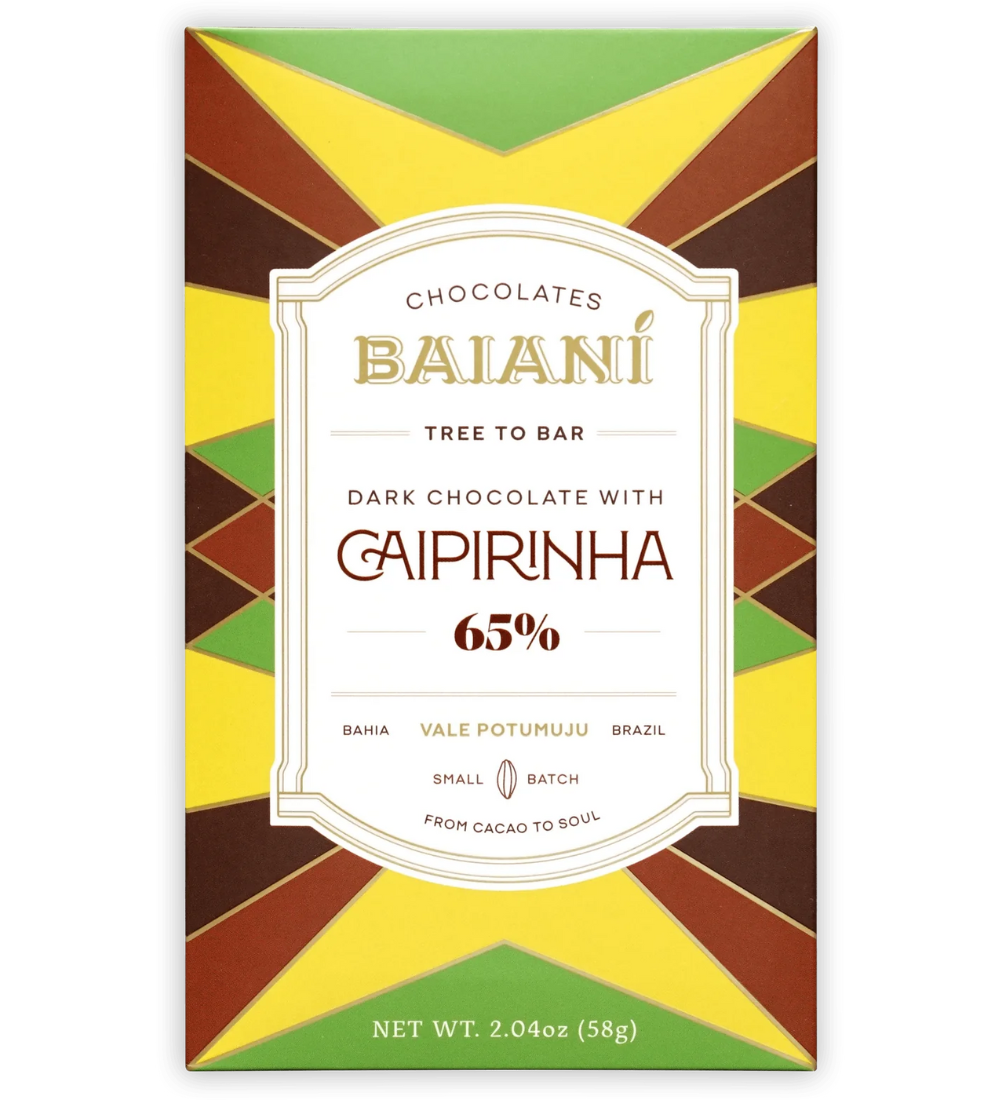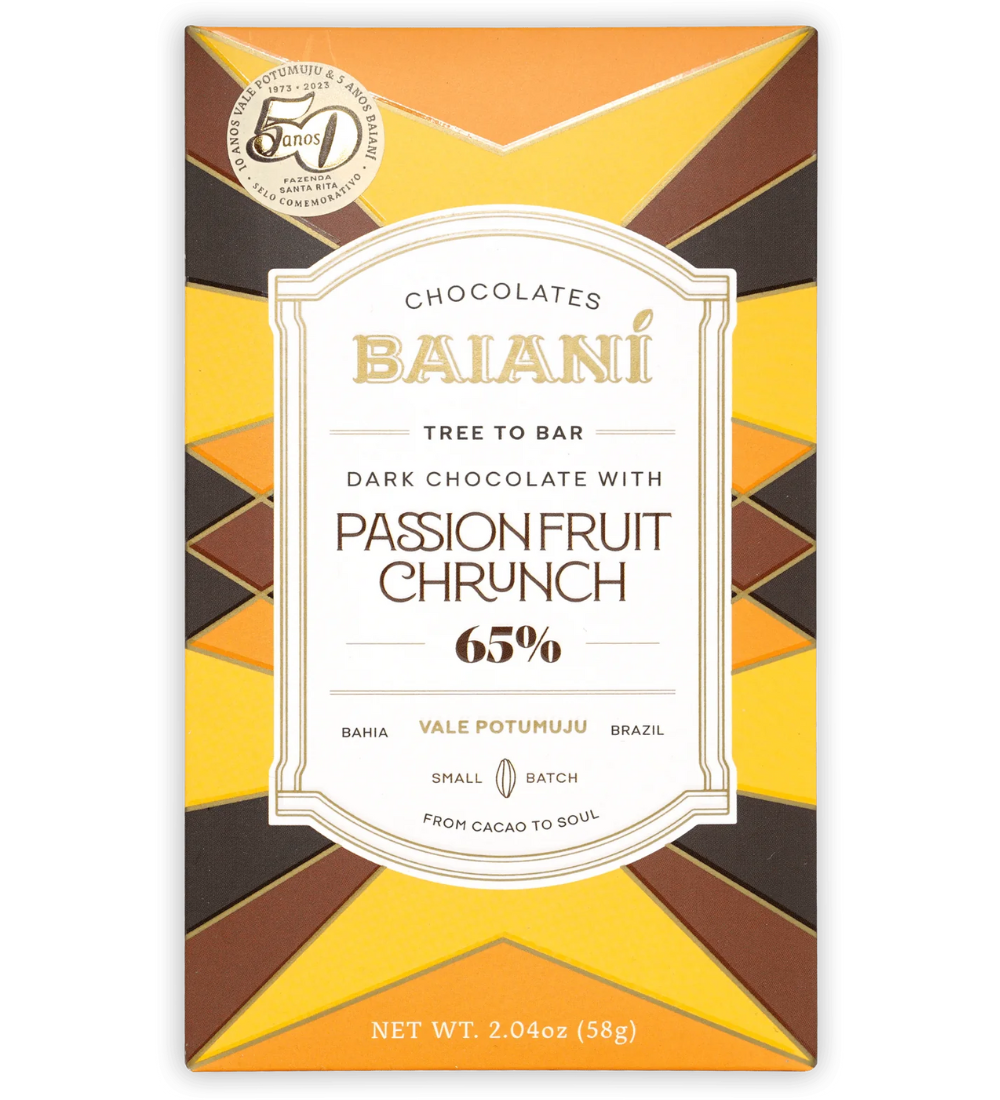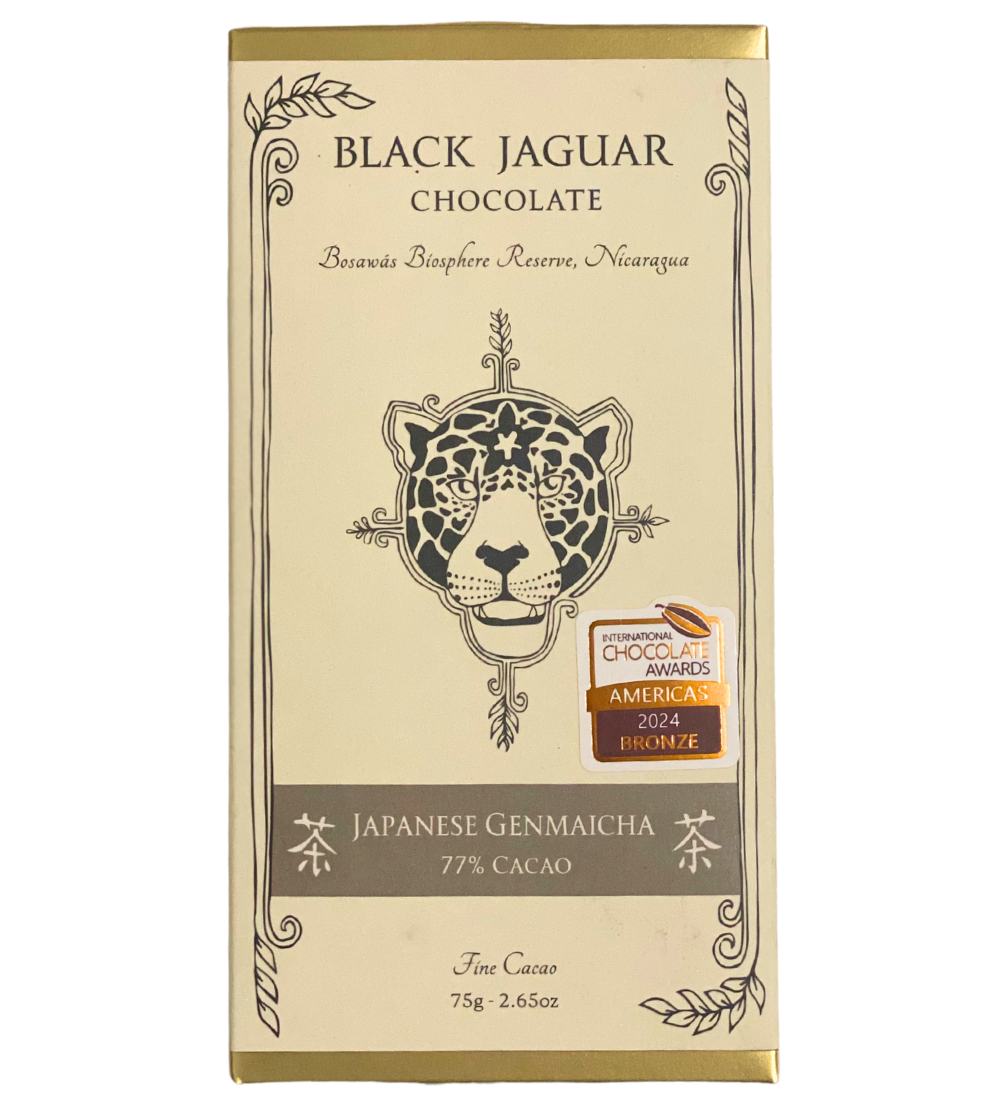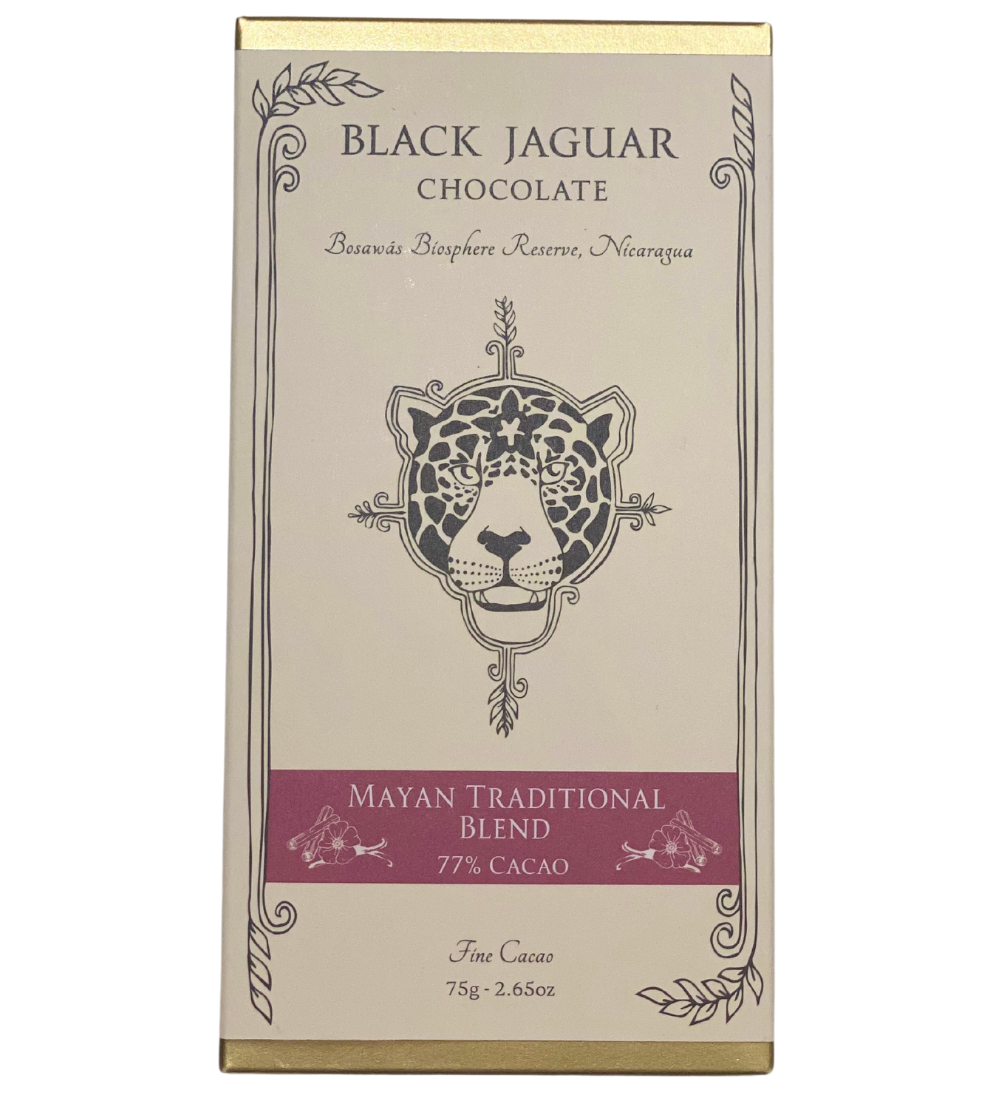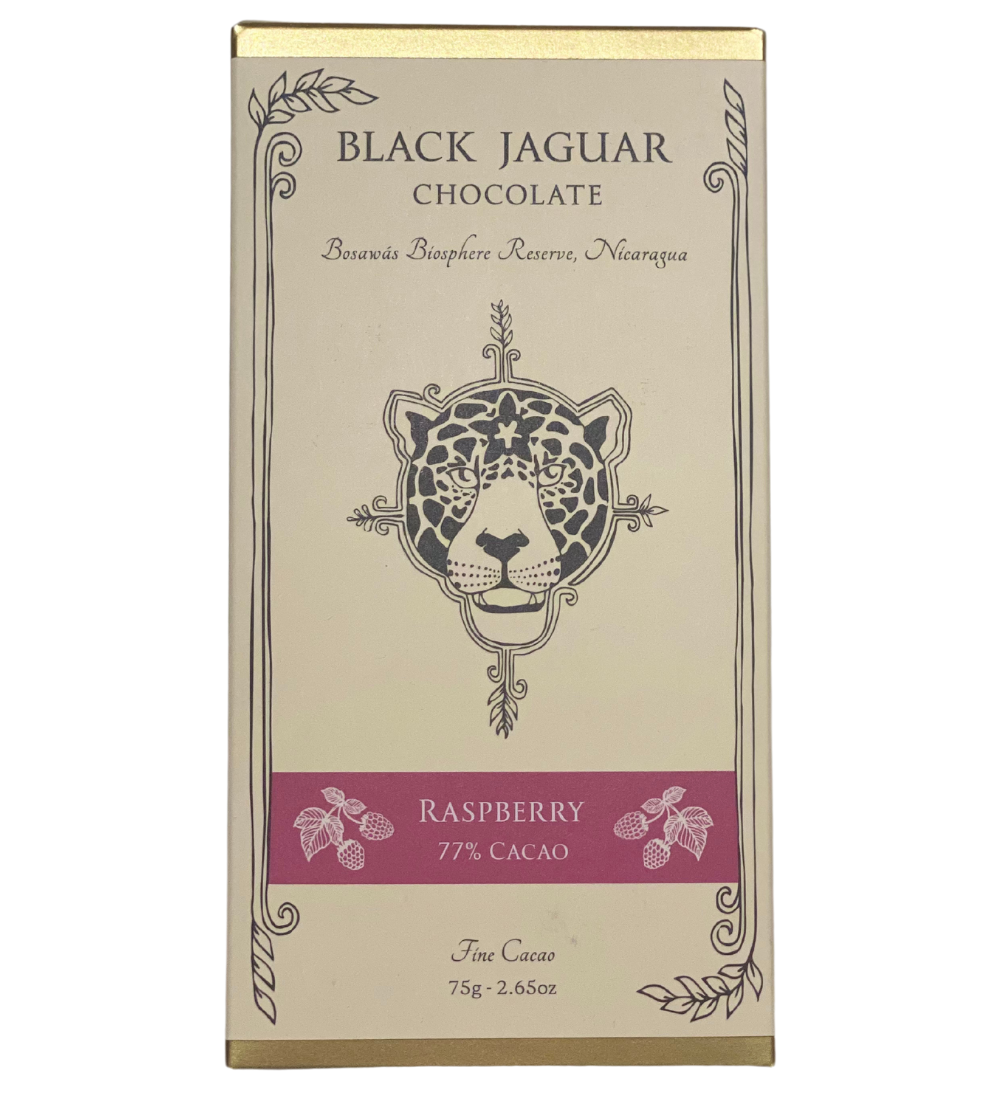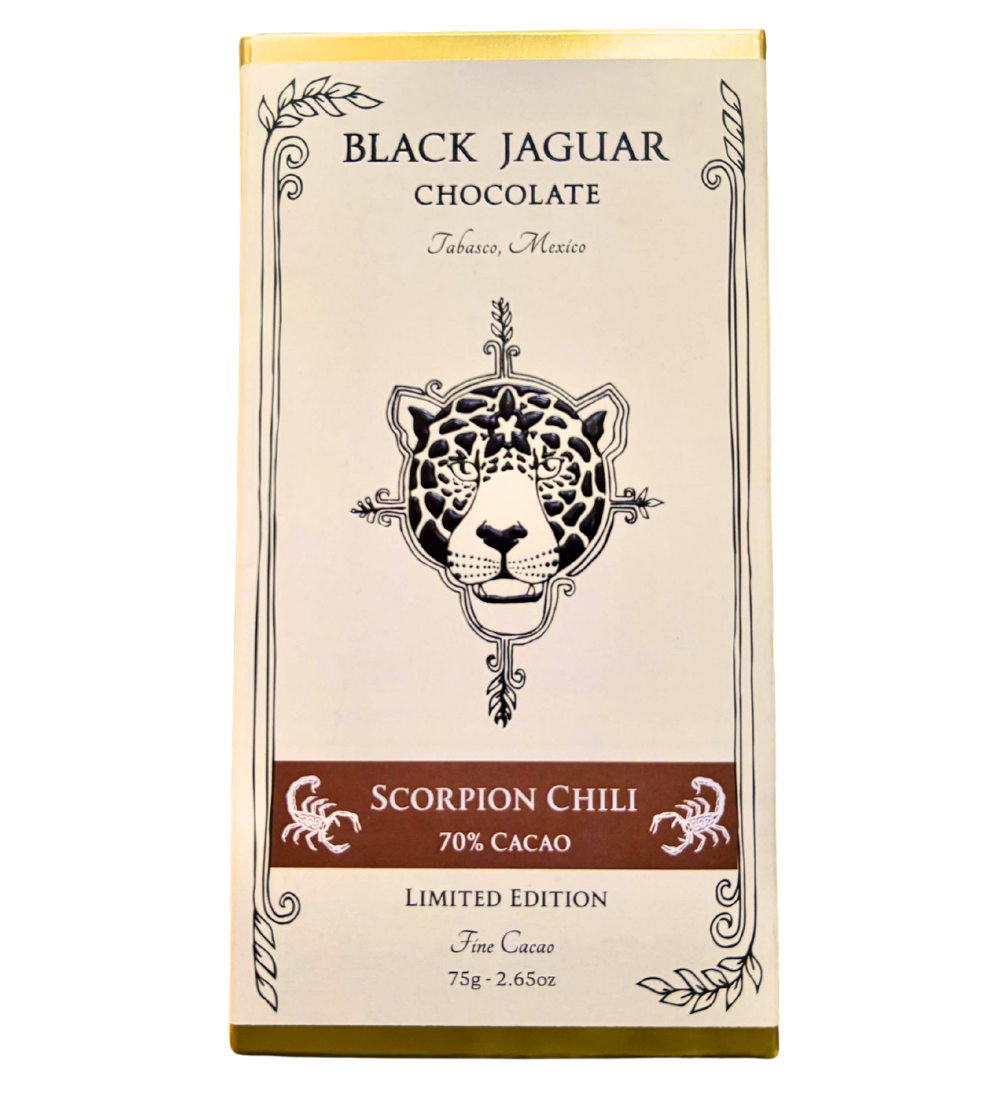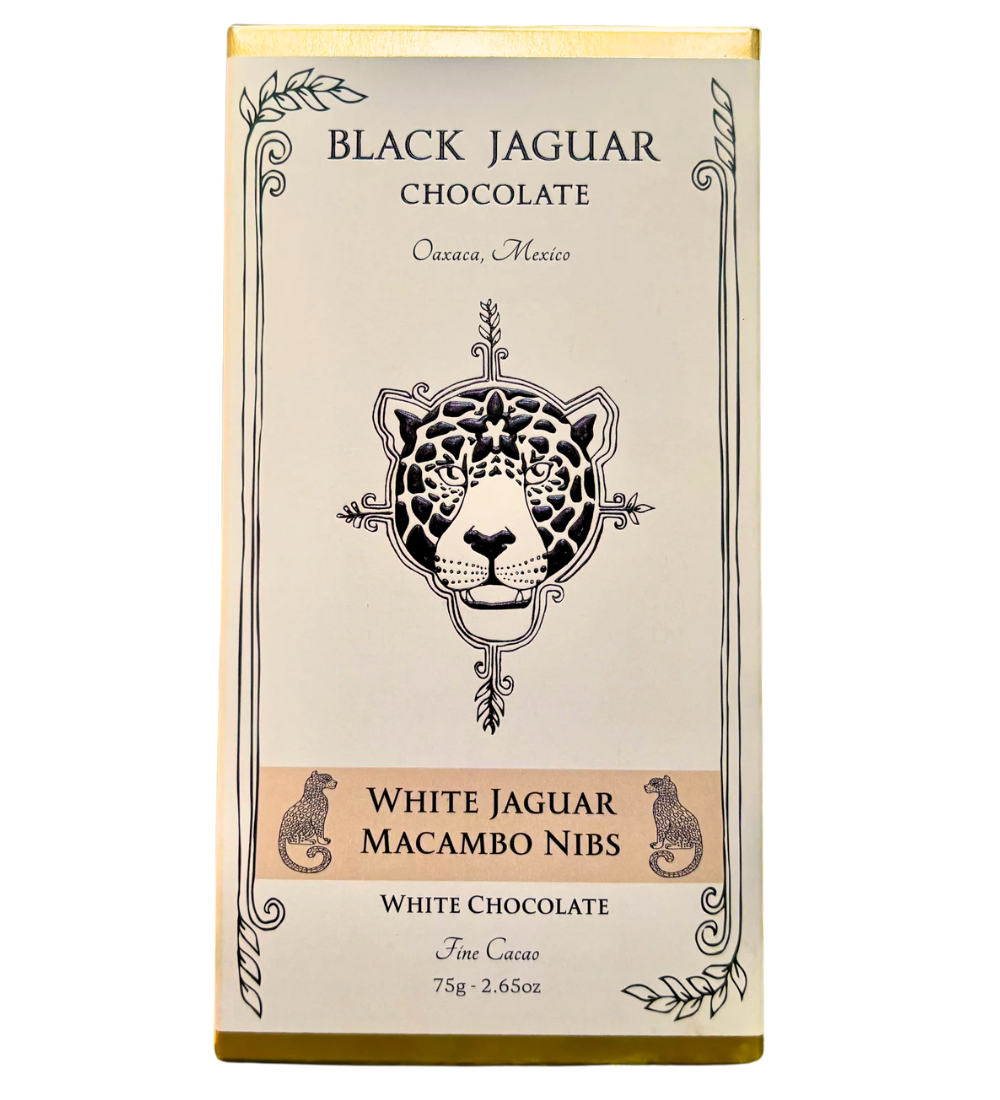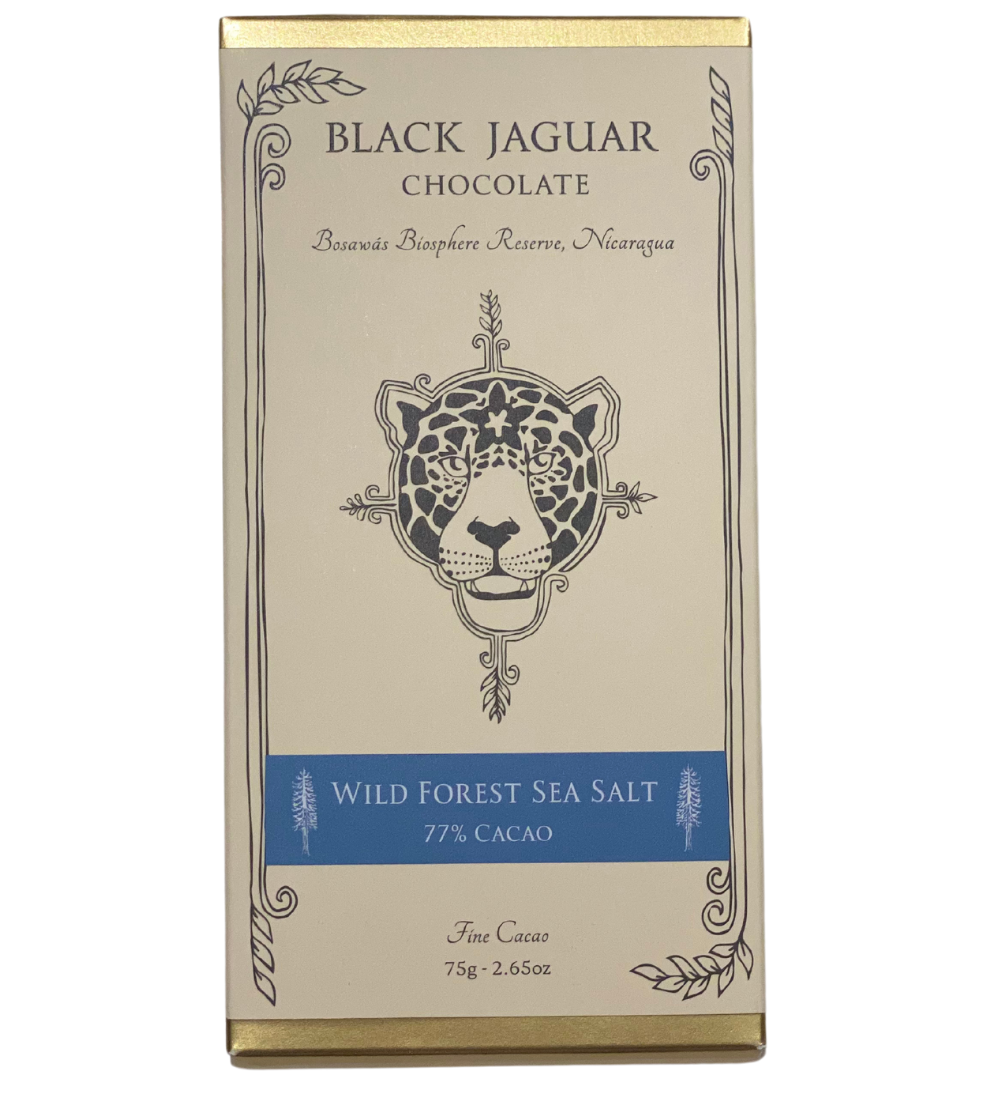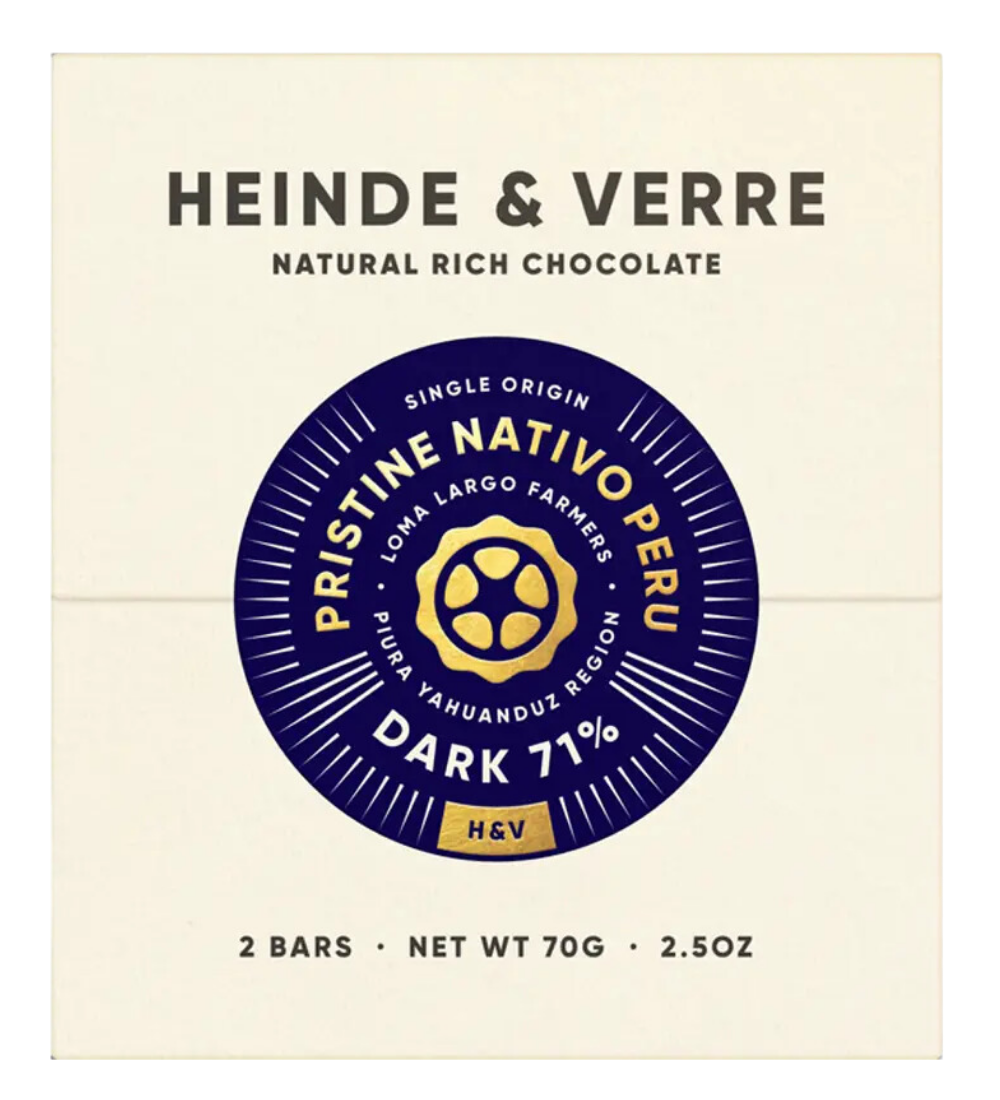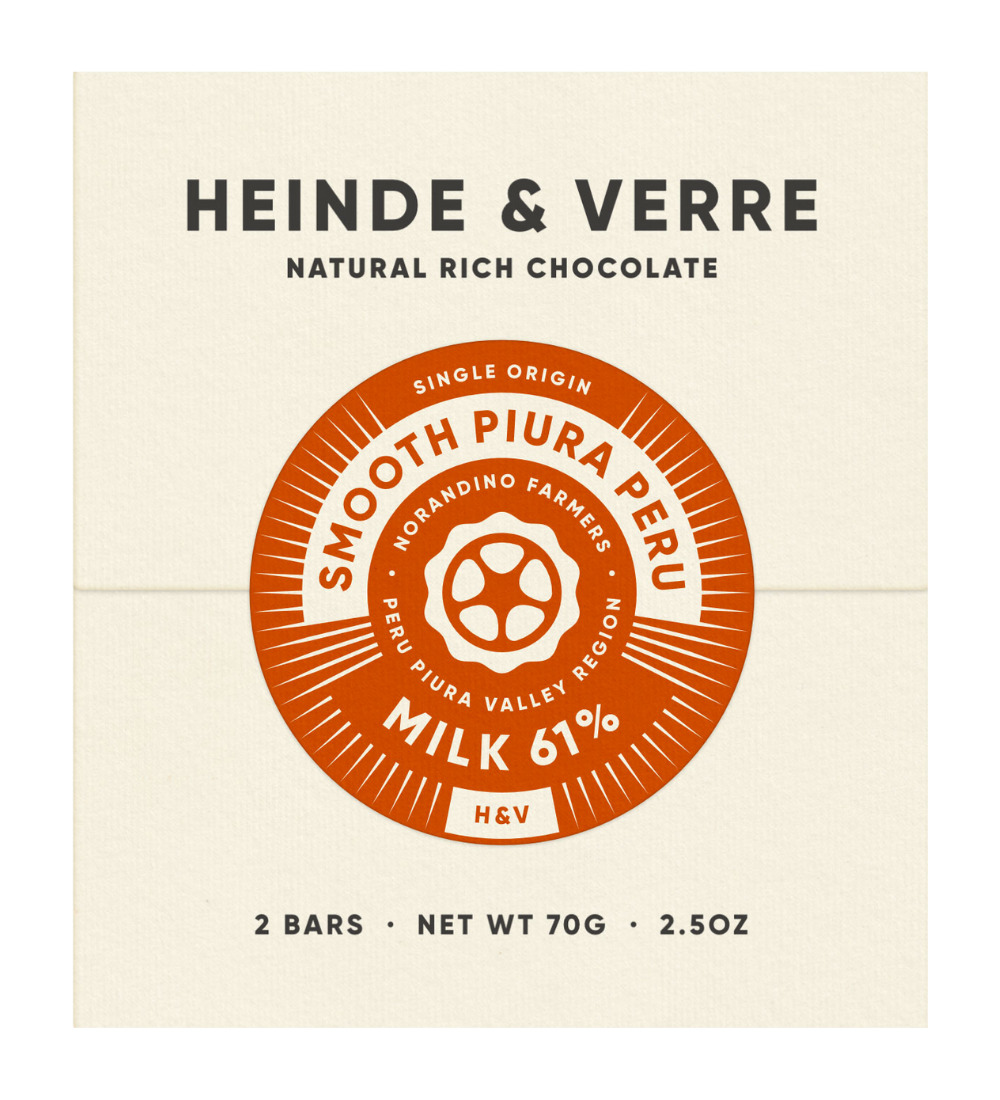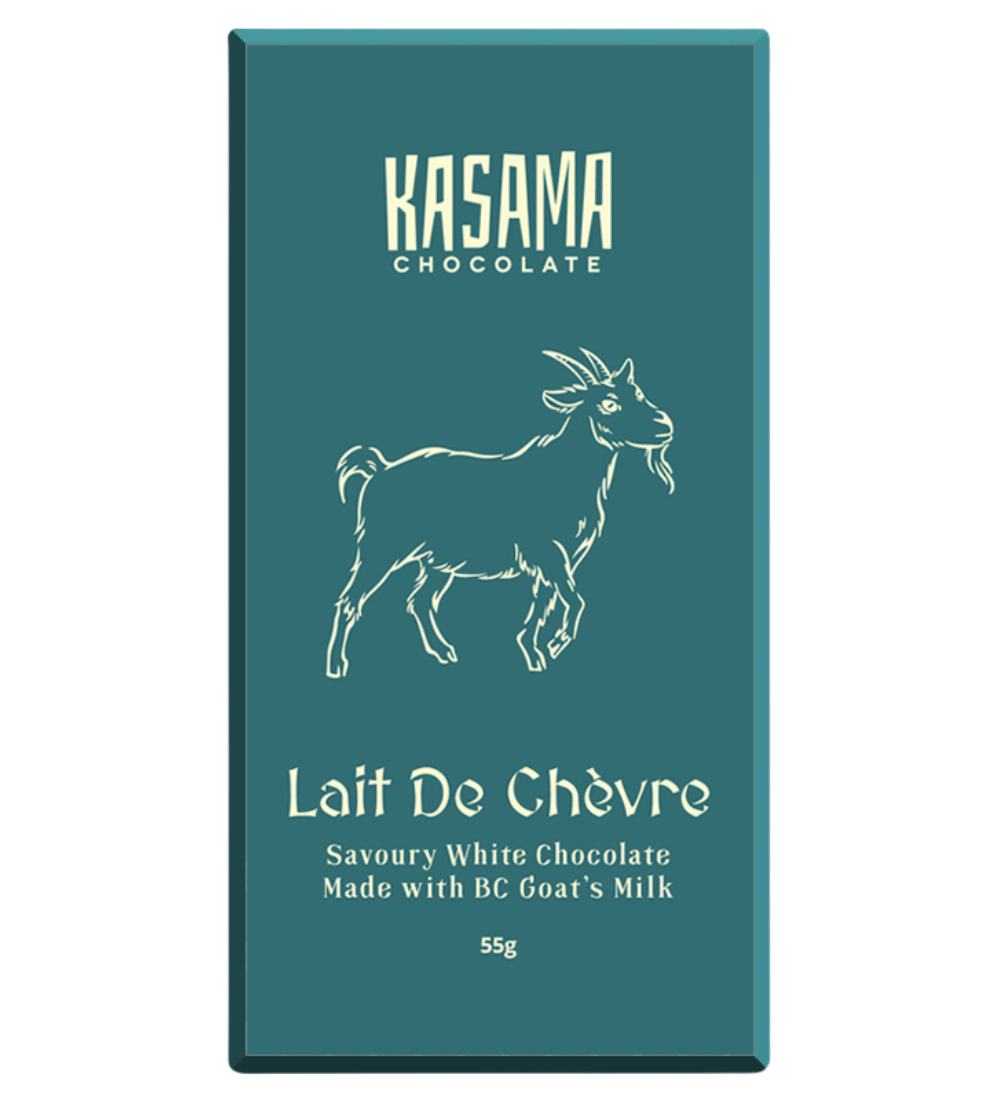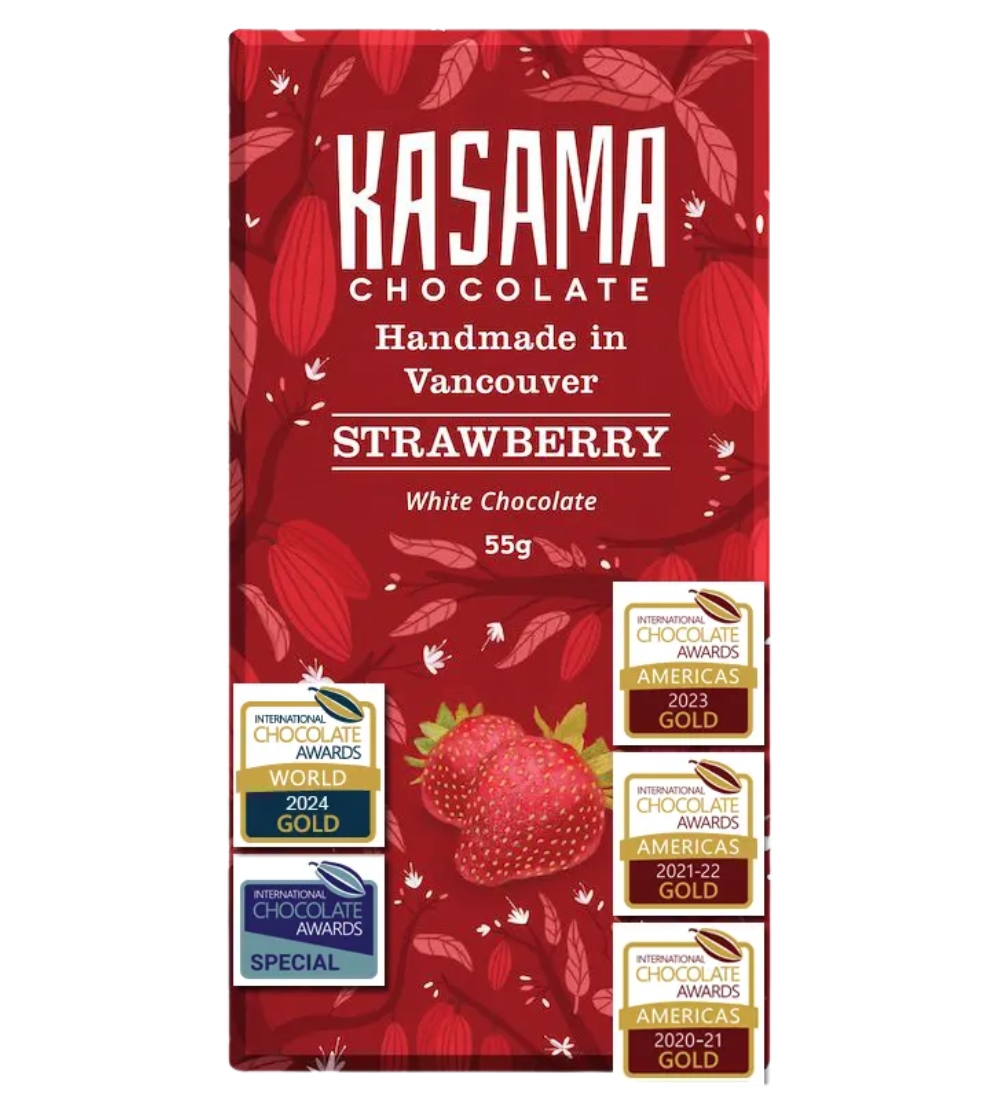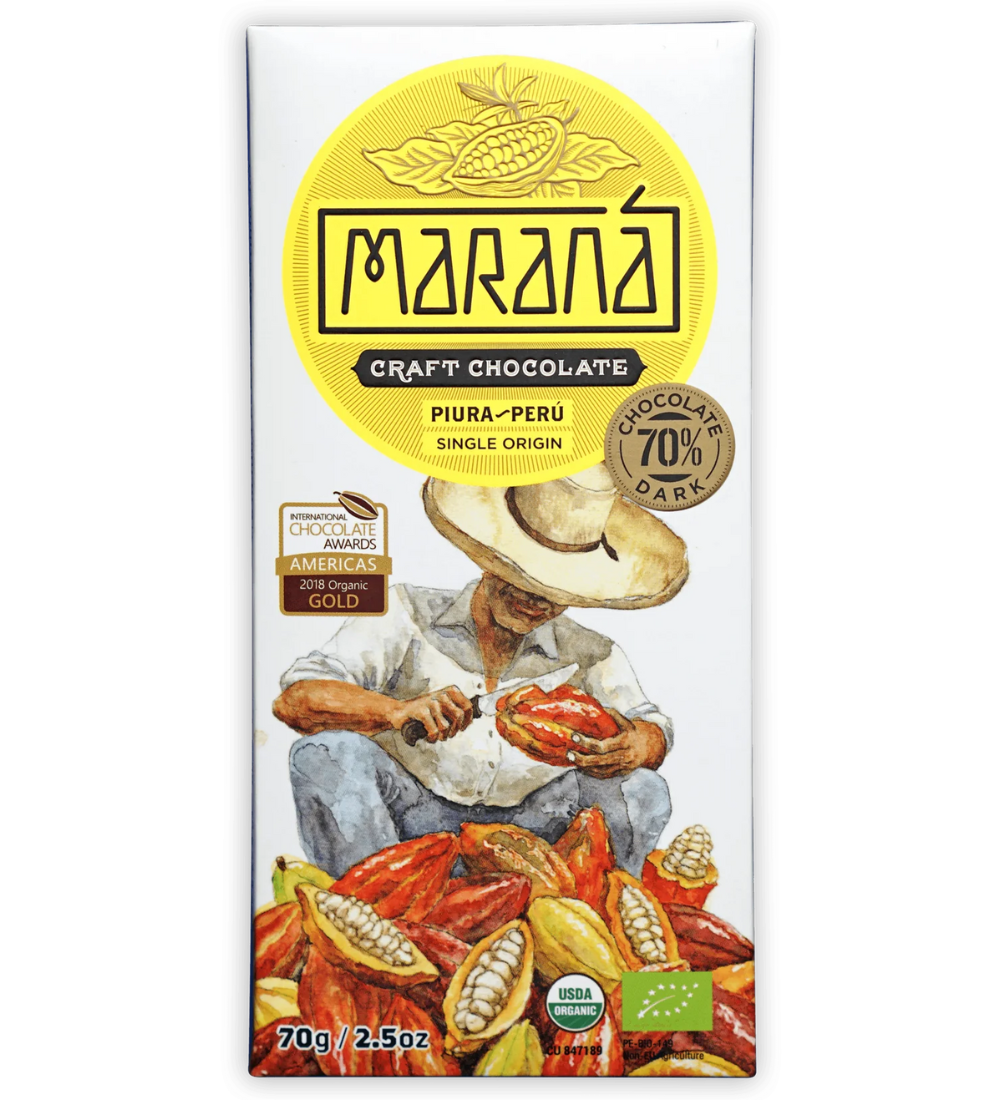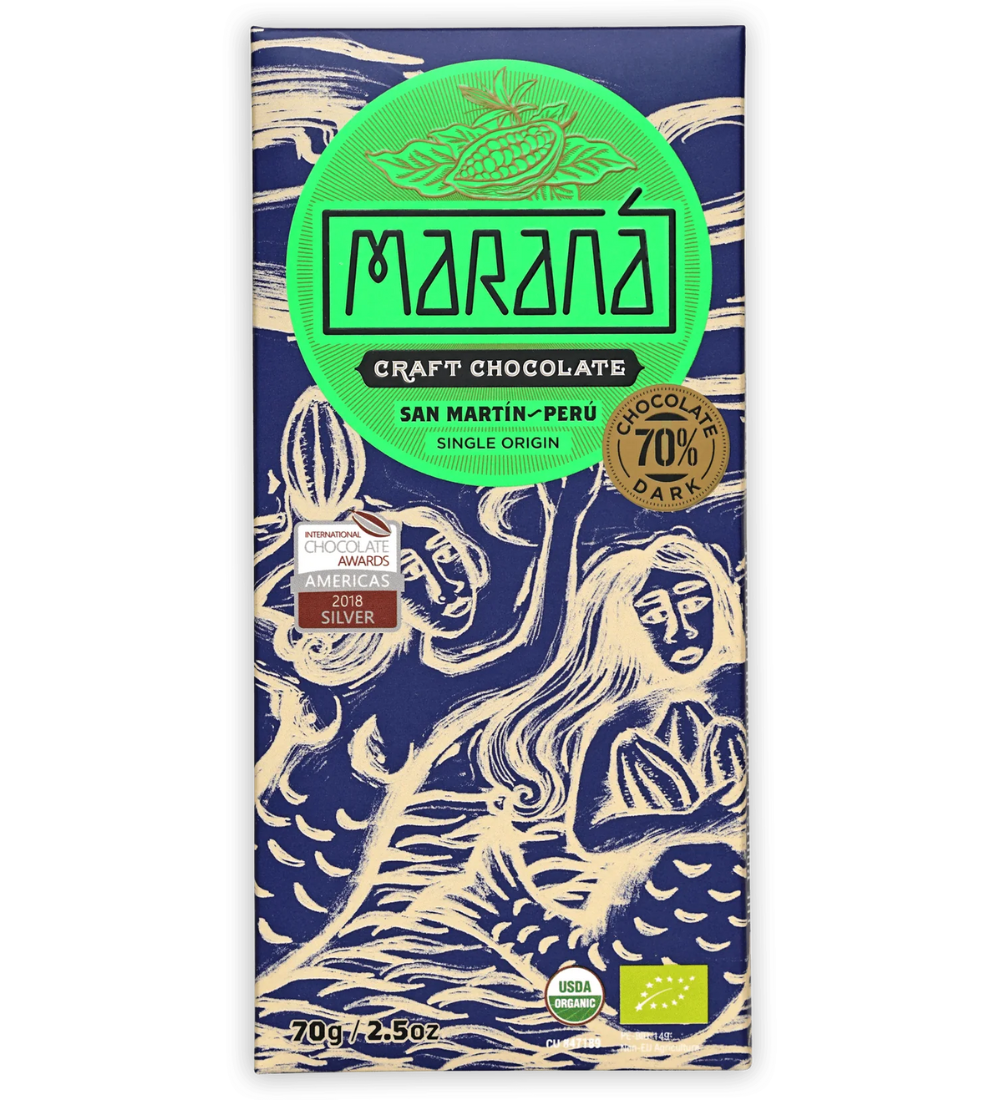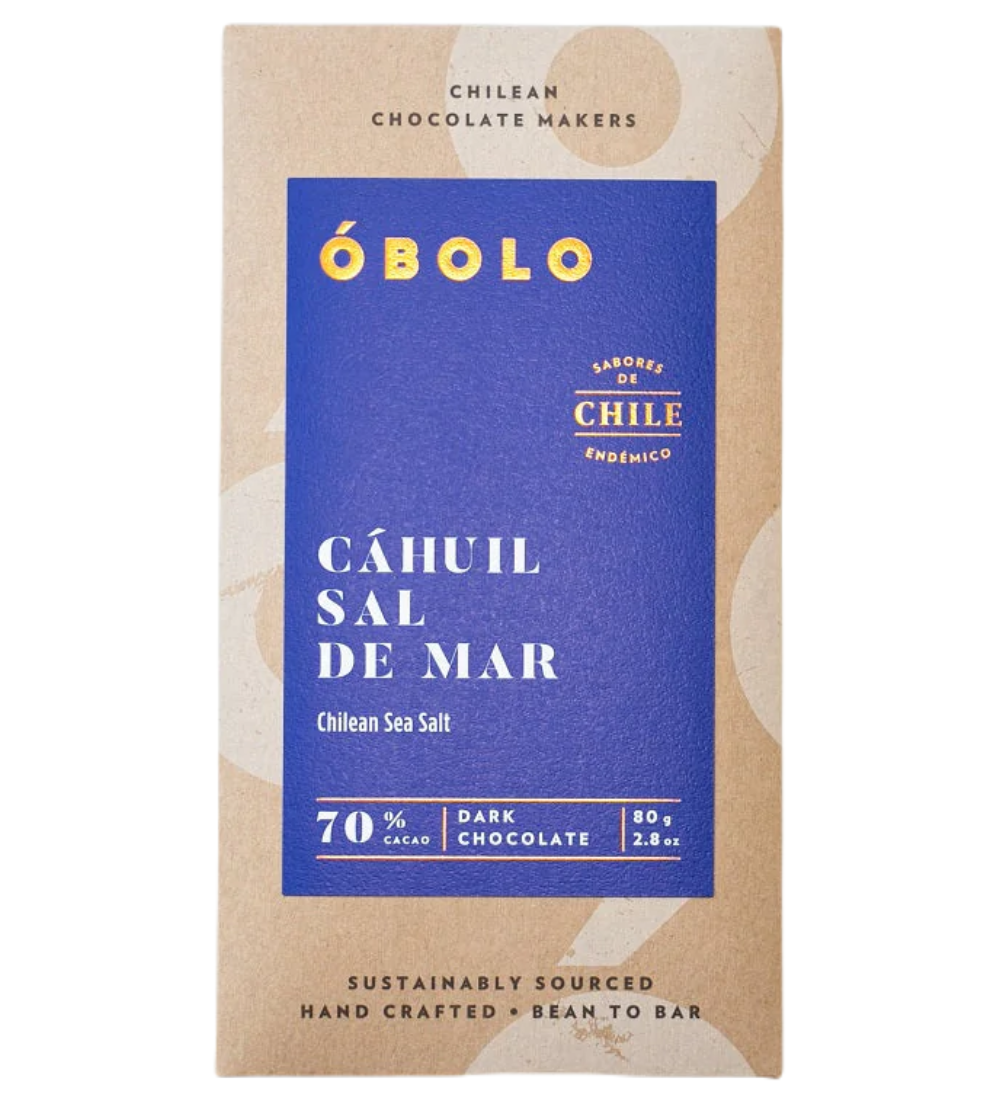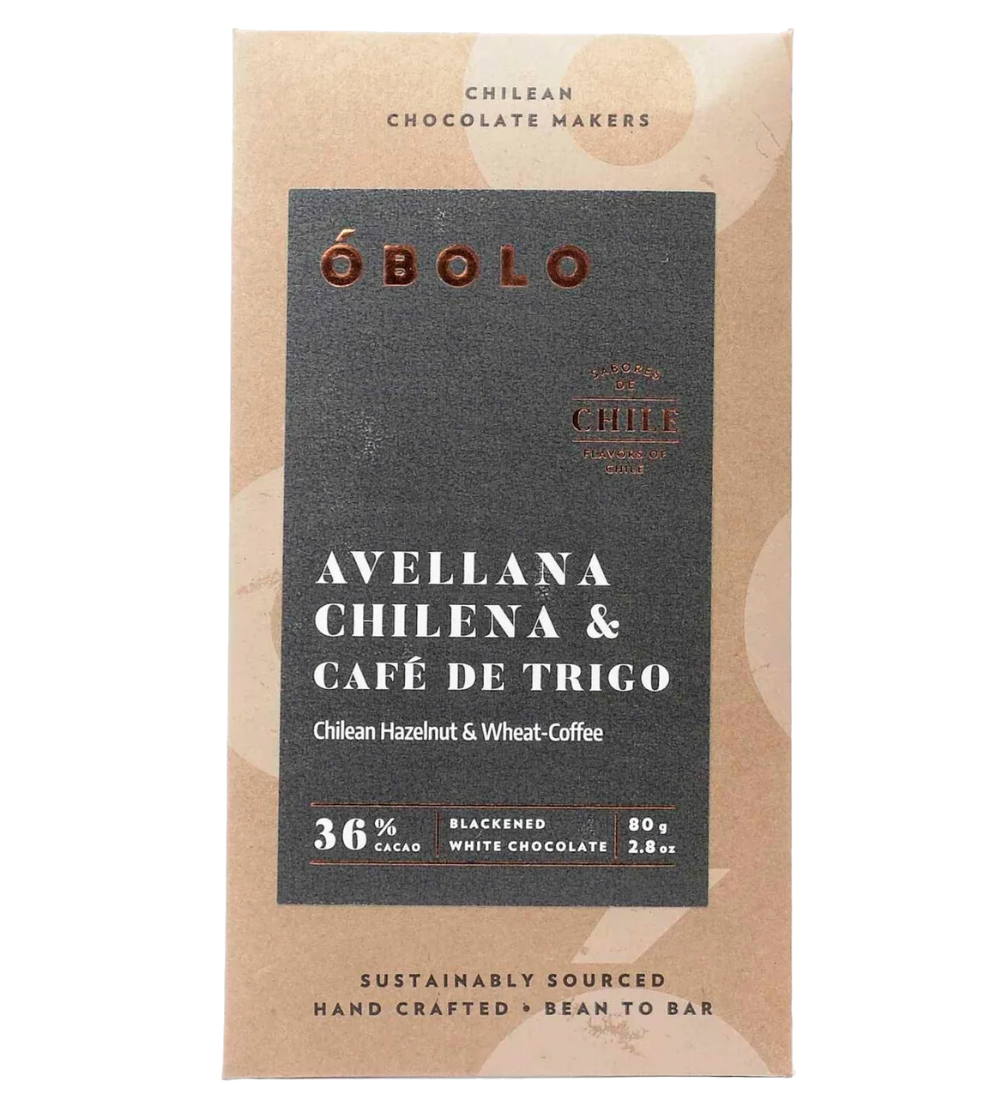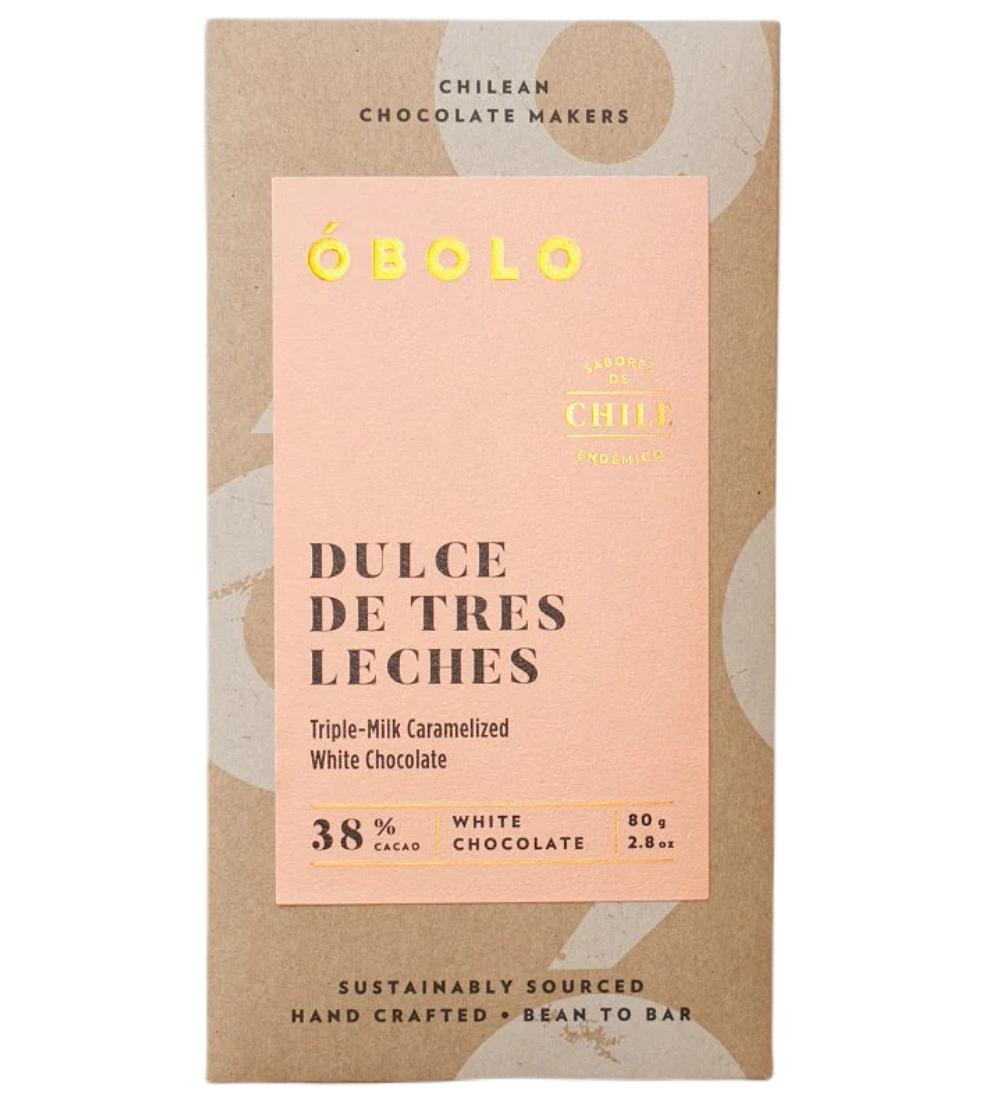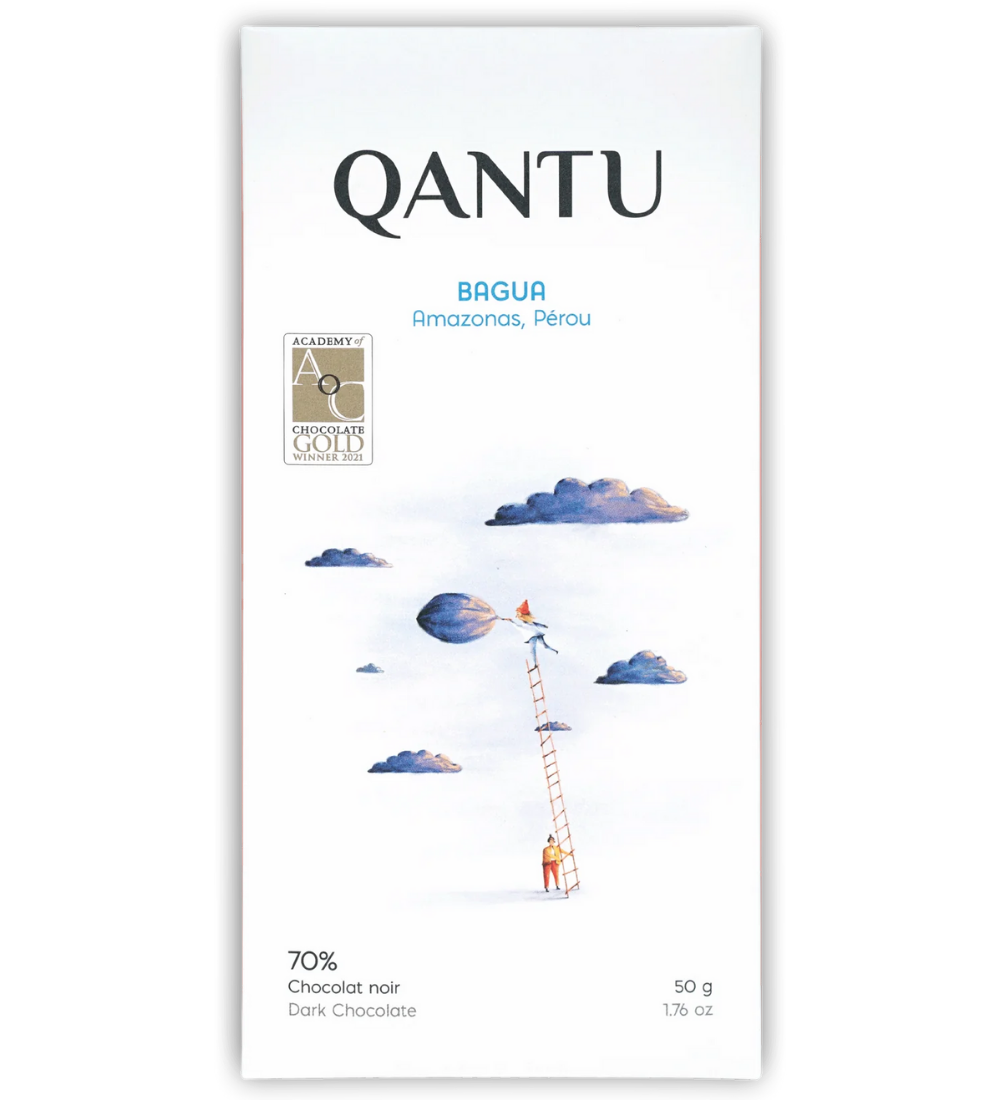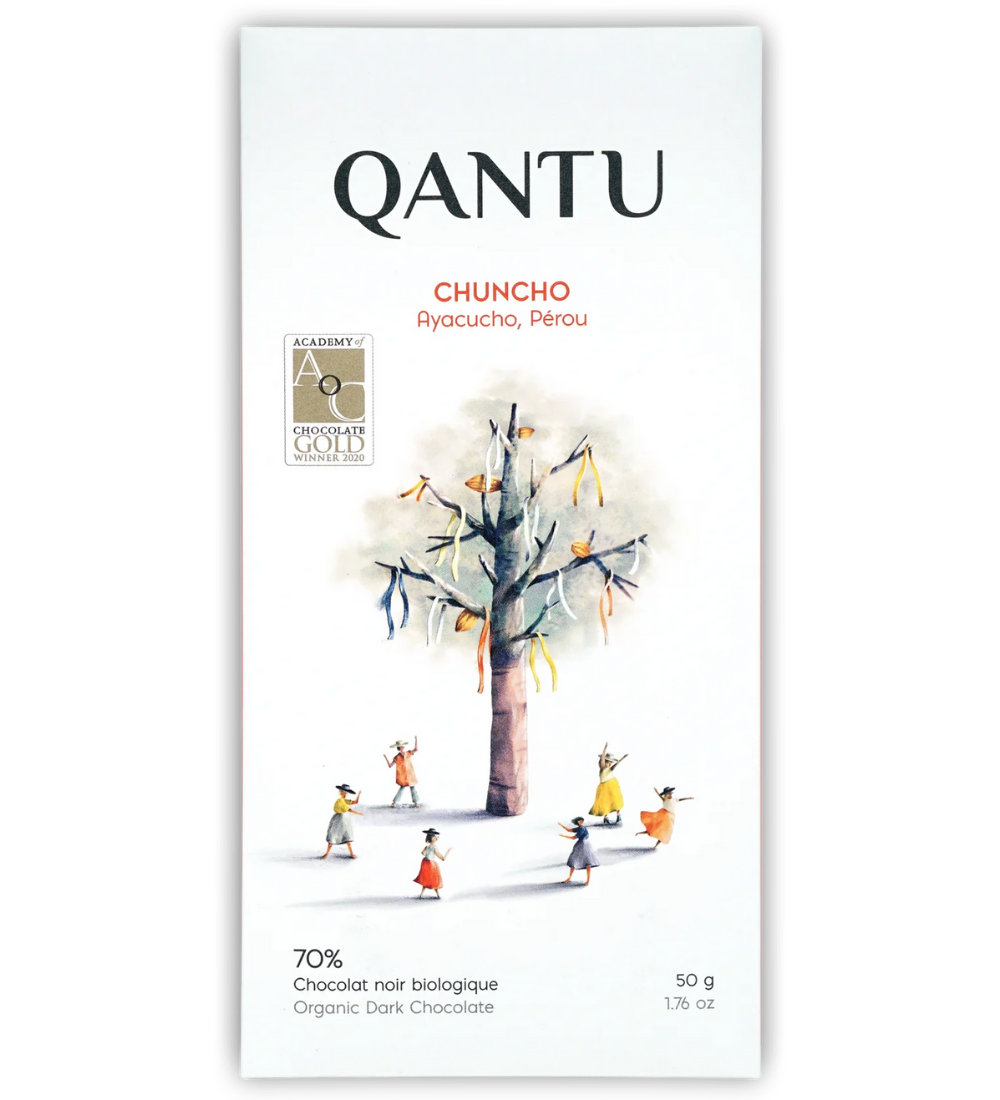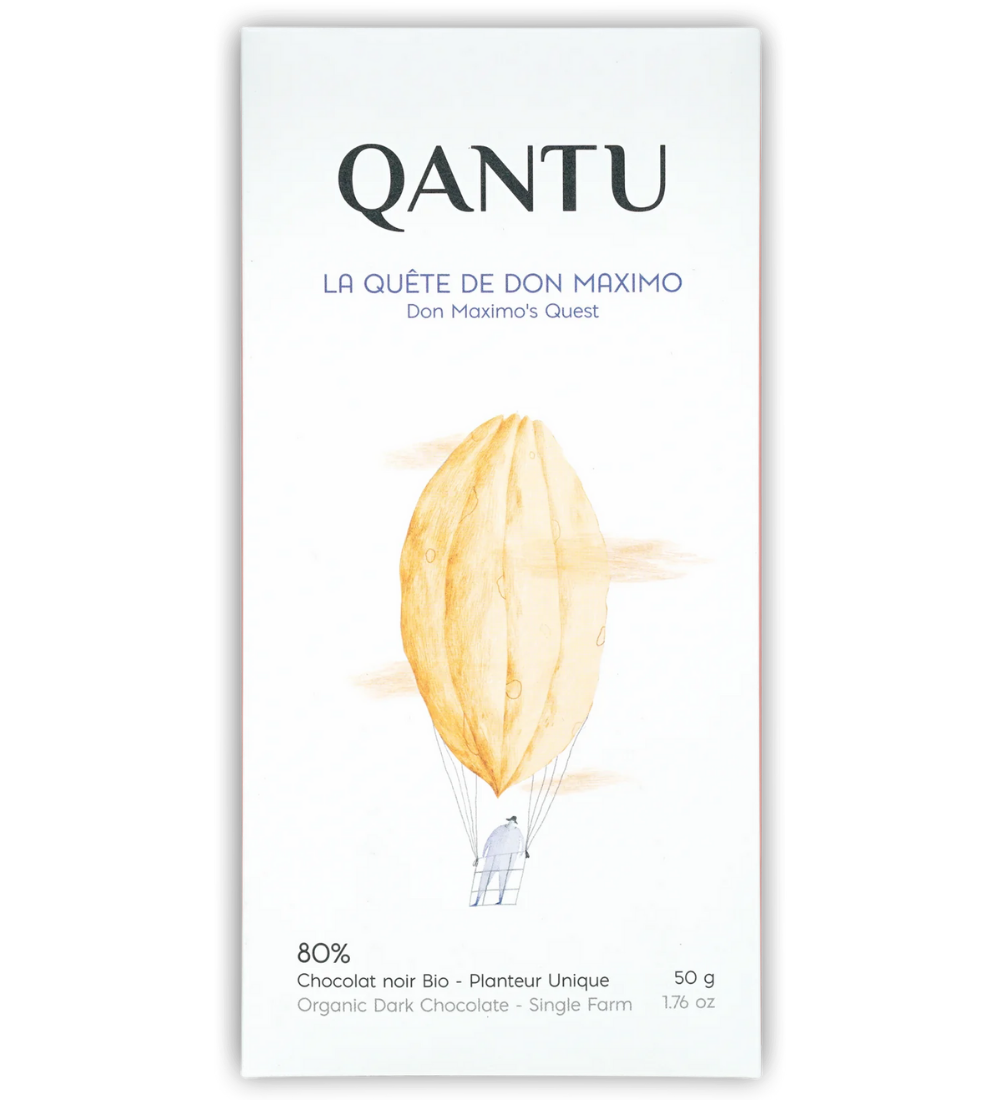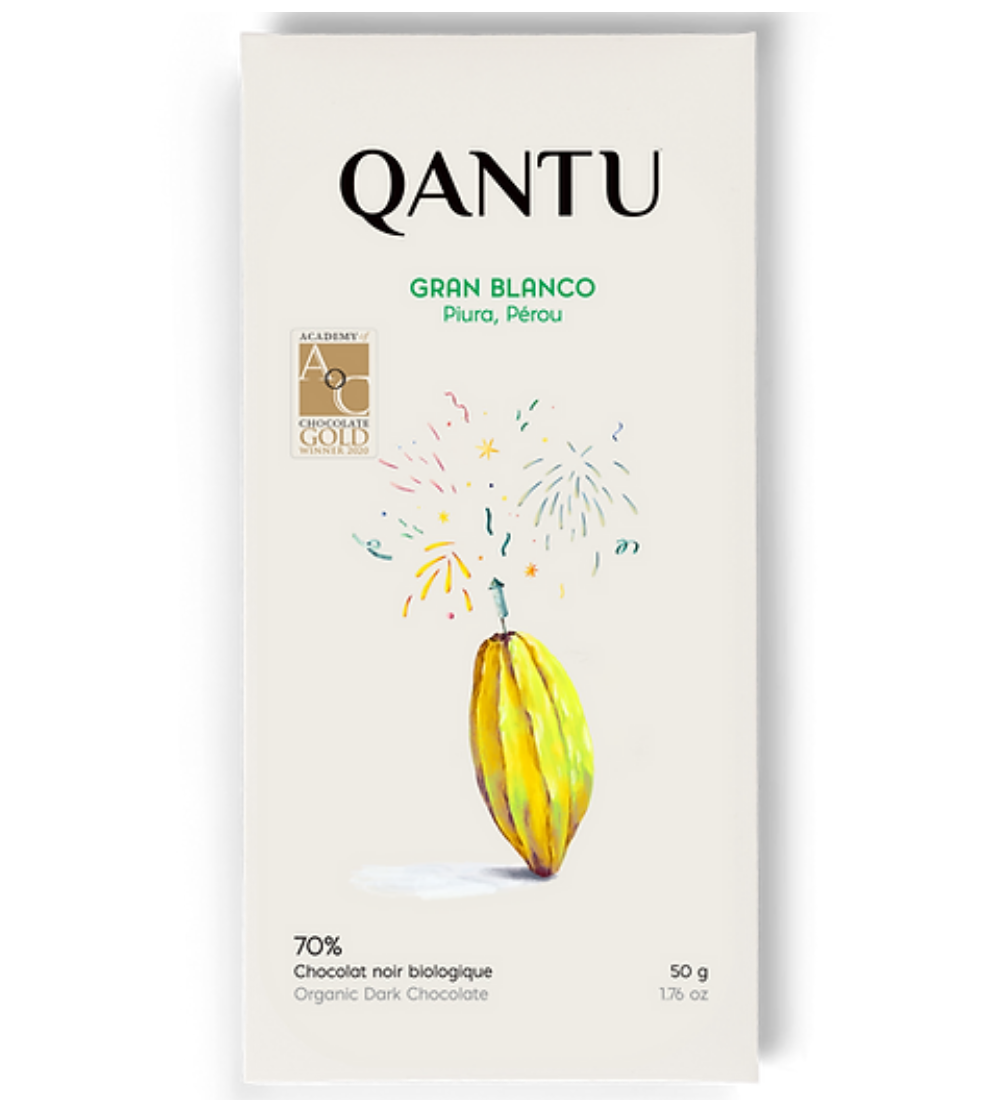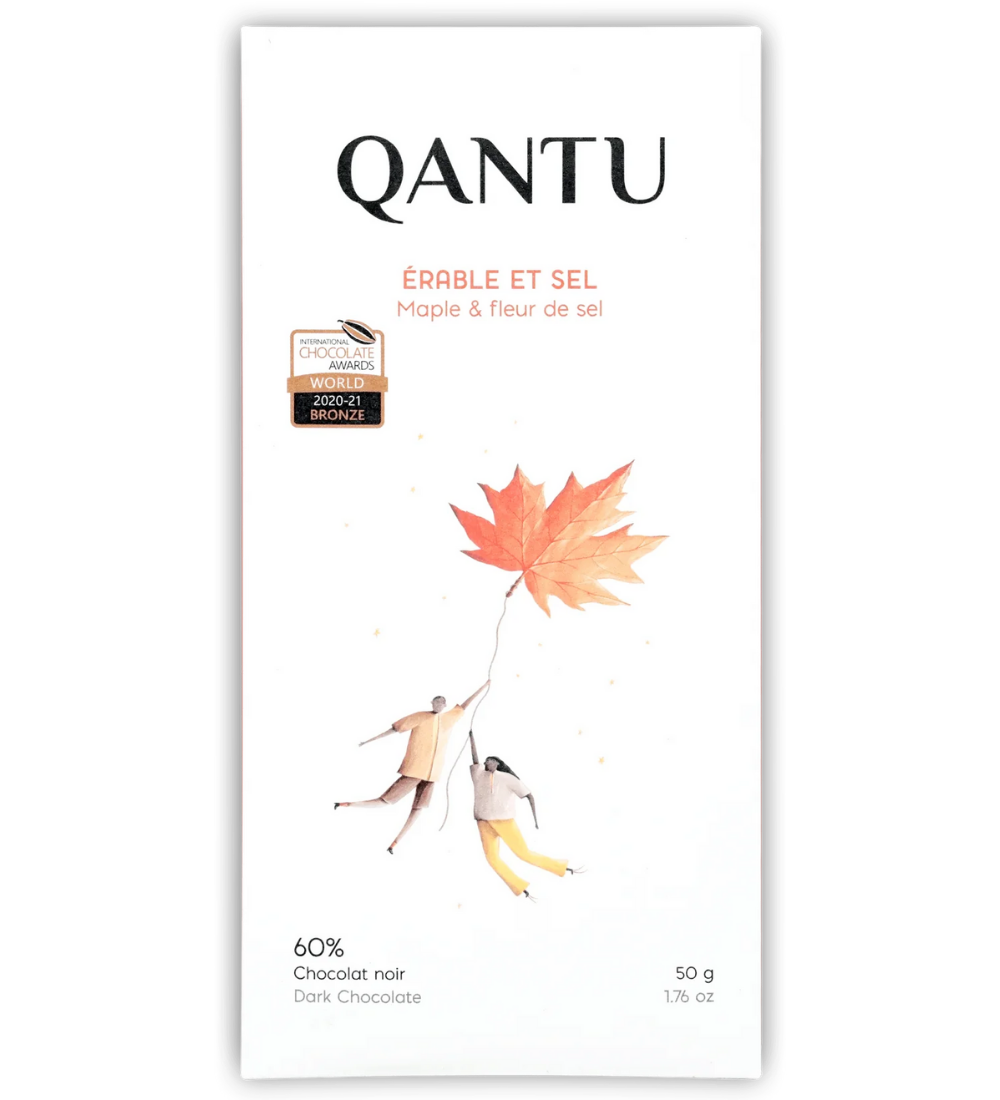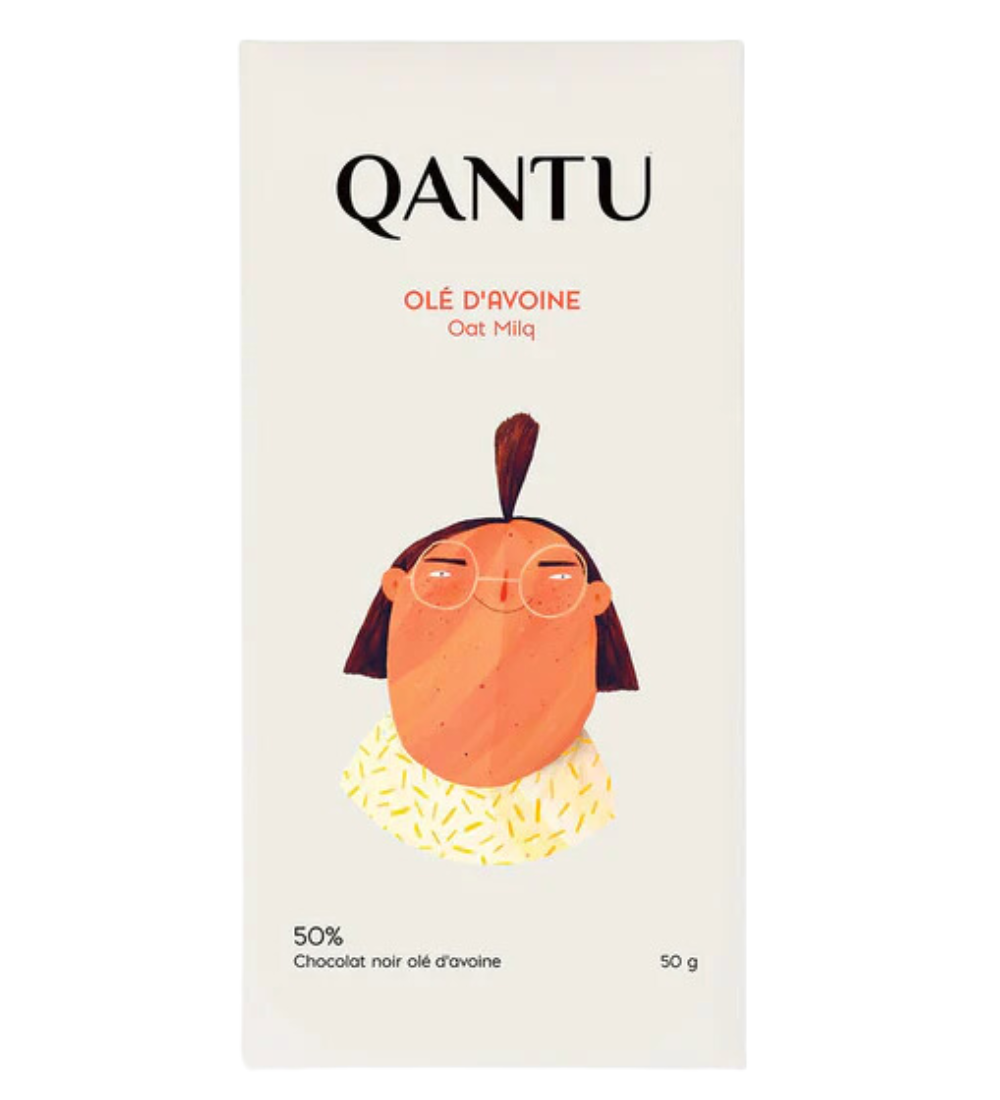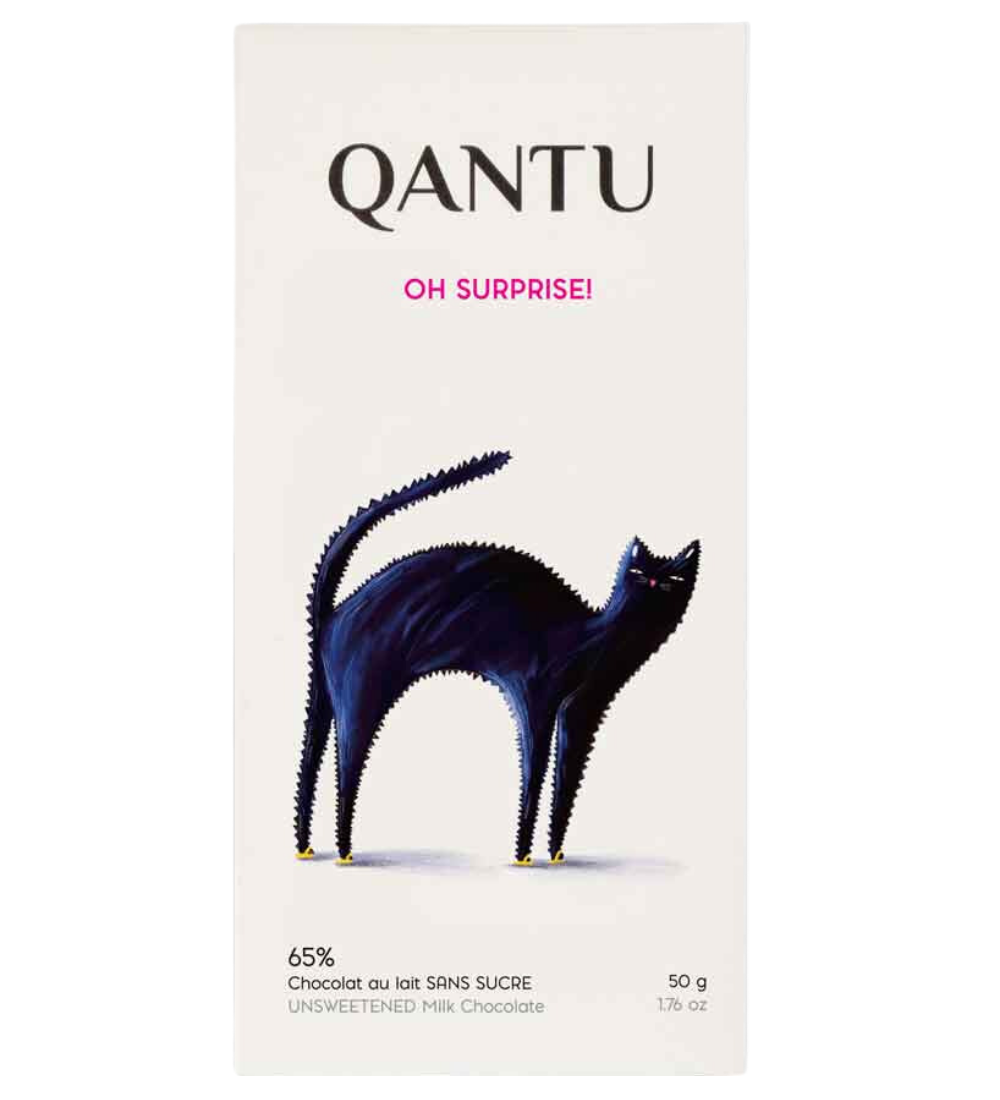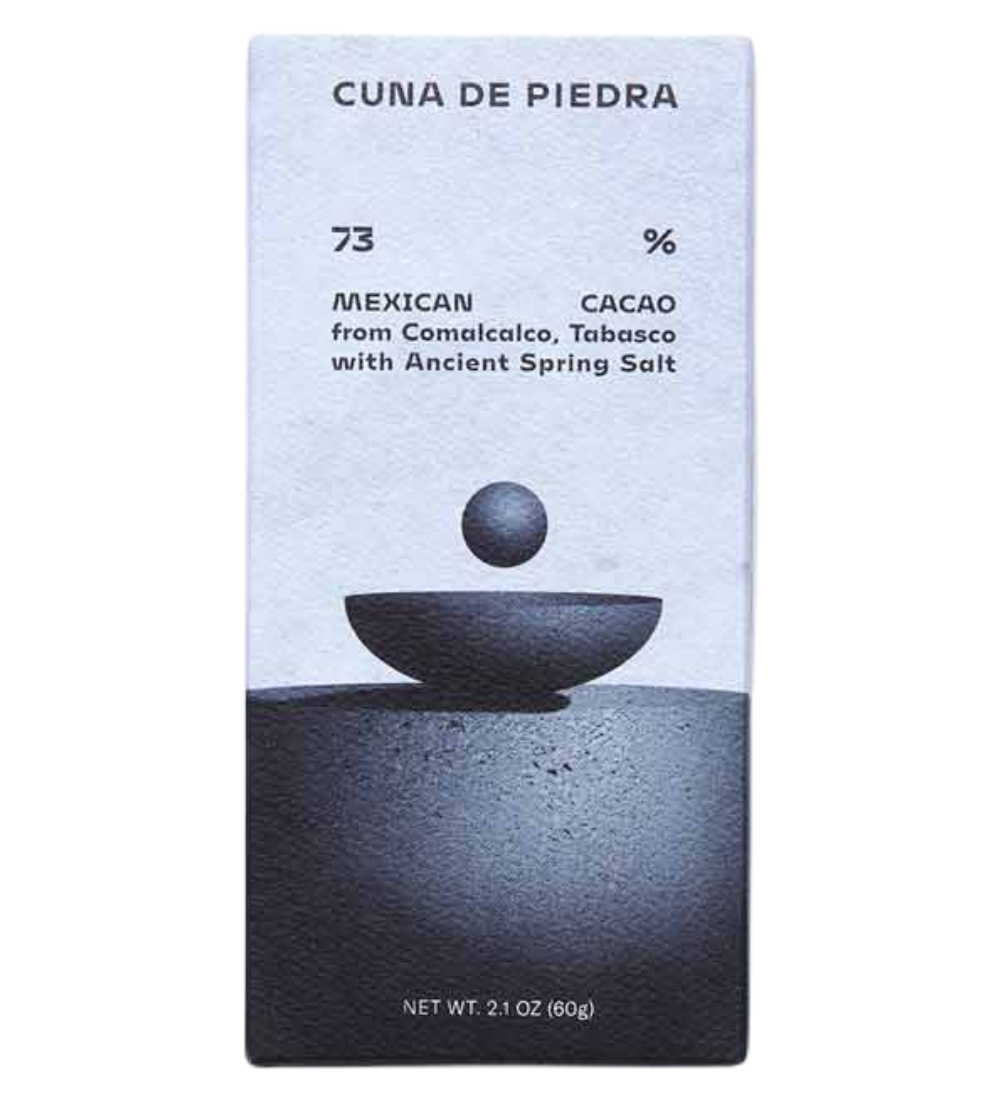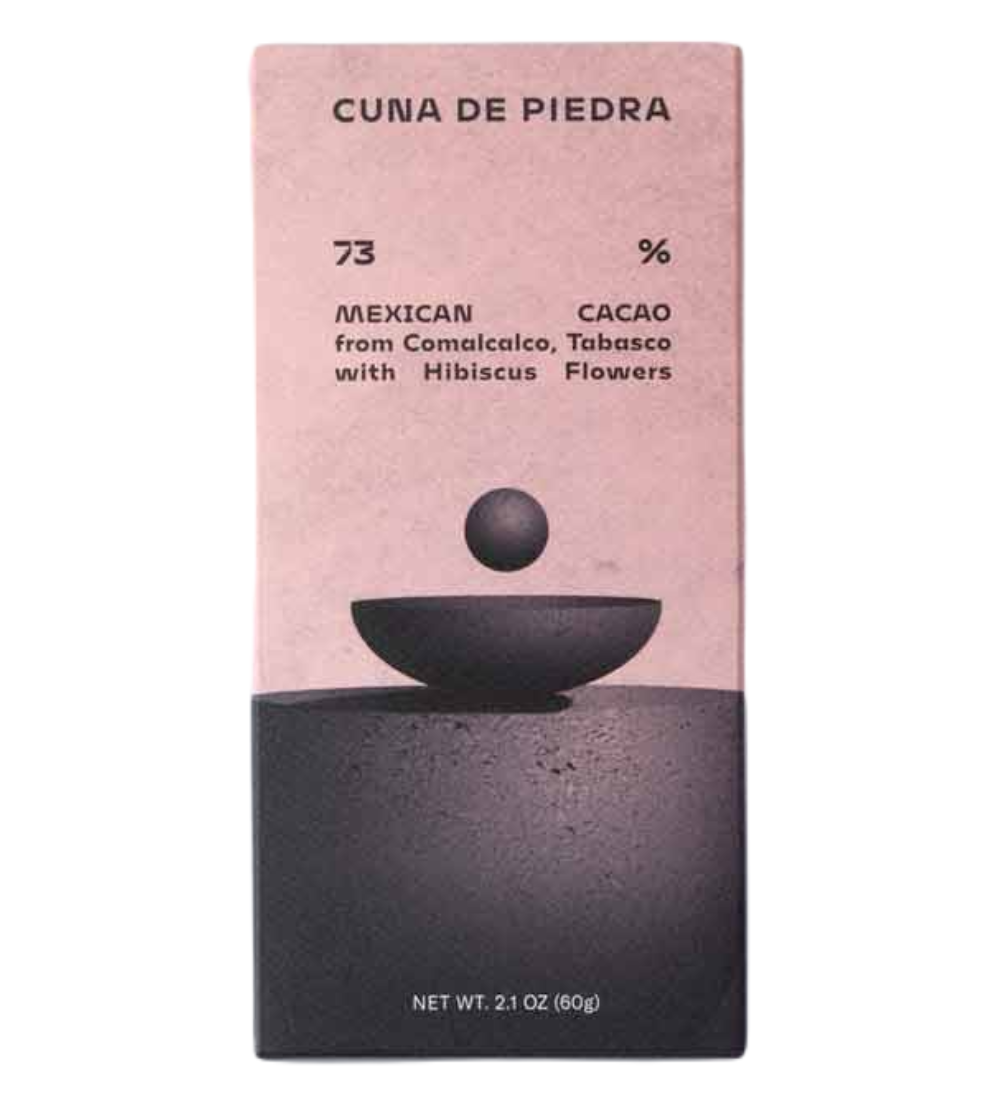This milk chocolate, crafted in collaboration with Montreal brewers Avant-Garde, is infused with Sabro hops, which are tropical with a capital T—bold and resinous, with notes of rose petal, sour citrus, and ripe mango. As a homebrewer, I was excited by the raw hop character, which brings a distinctive earthy bitterness, but rest assured, the sweetness of the milk and the rich, fudge-like chocolate smooth it all out. It’s a concept that’s tough to wrap your head around at first, but once you try it, you'll realize it works in a surprisingly delicious way.
Qantu Like an IPA! 60%
Origine du cacao : Peru
Pays producteur : Canada
Poids : 50 g
Adding product to your cart
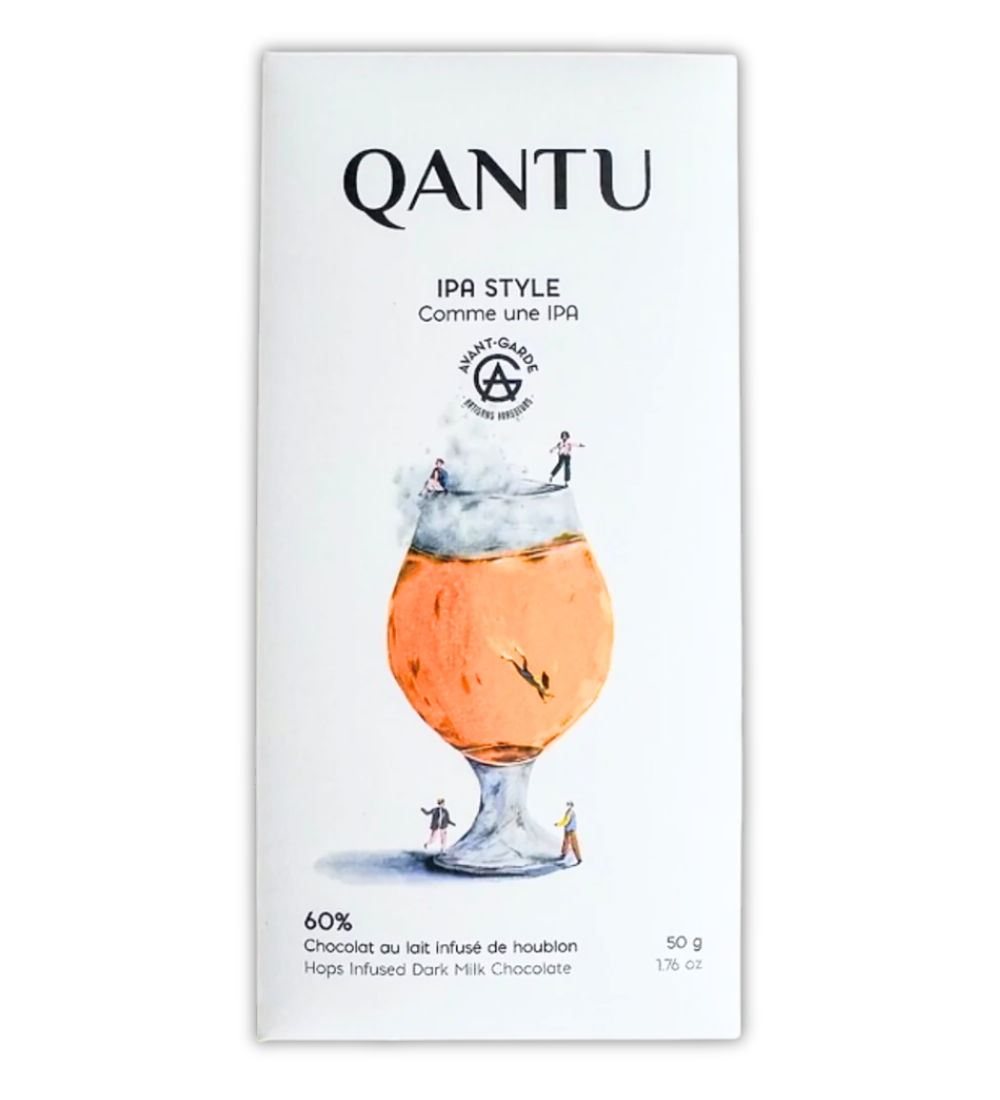
Qantu Like an IPA! 60%
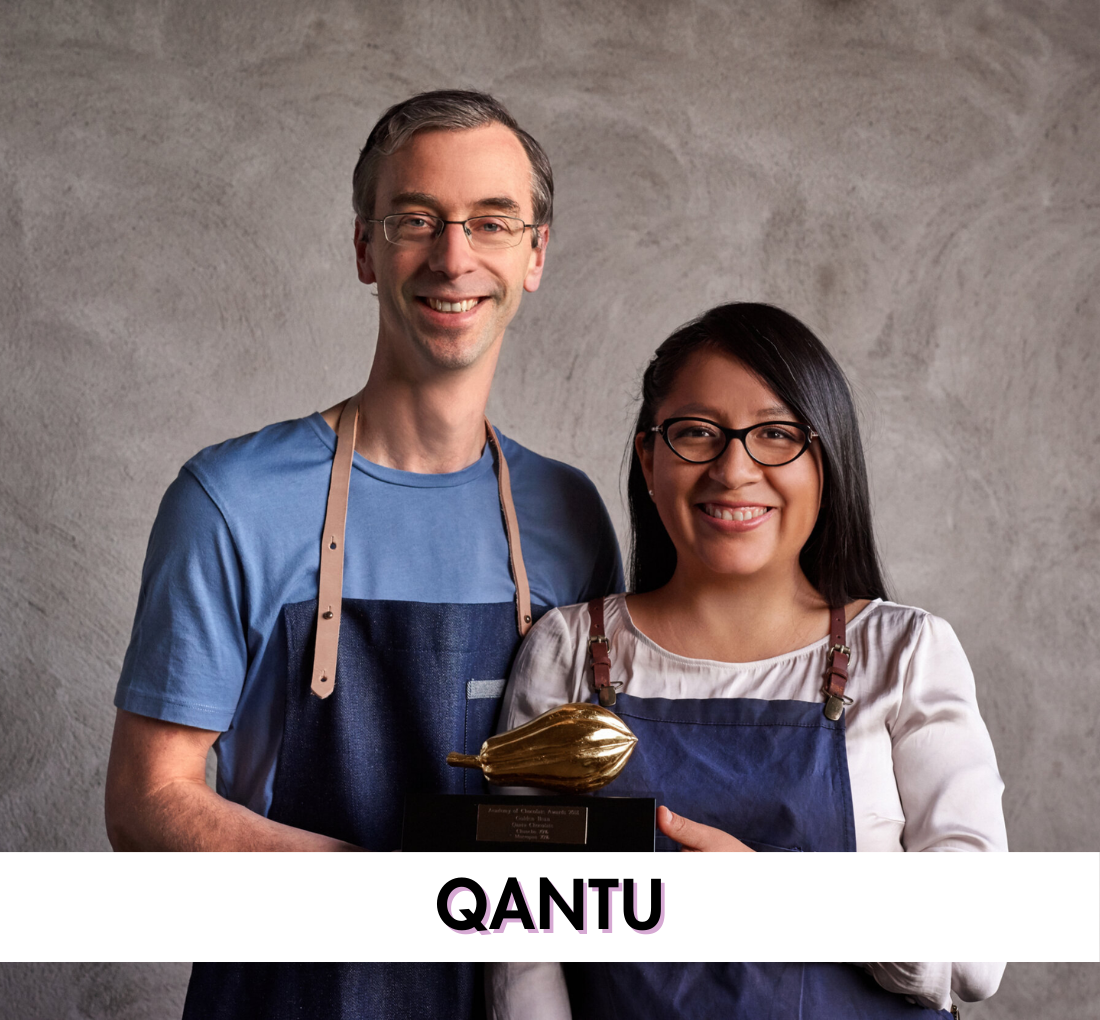
Qantu is physically based in Montreal, Canada, but its spiritual home is in Peru, where its founders, Elfi and Maxime, met and discovered their love for chocolate. It's also where they found inspiration for their name, taken from the country’s national flower (pronounced 'Kantu', from the Quechua language). Peru is also where the two source all their beans directly from cooperatives, importing them without any middlemen. Elfi and Maxime often visit the farms where possible, or meet with cooperatives in Lima to ensure good post-harvest and business practices. They also always sample the beans first to evaluate their quality and characteristics. Beans are important: Qantu's mission is to promote and preserve native cocoa beans. They educate people on the differences between hybrid and native cocoa beans and the importance of preserving native beans for biodiversity. The two have accumulated so much award bling you need to wear sunglasses when viewing their accolades!
Achetez plus QantuPiura, situated in northwestern Peru and bordered by Ecuador to the north and the Pacific Ocean to the west, boasts South America's westernmost point and the lowest point in the Southern Tropics. Its unique geography is defined by the convergence of the cold Humboldt Current and warm El Niño Current, resulting in both tropical and arid conditions, exemplified by the Sechura Desert, one of the world’s few tropical deserts. The region features a diverse landscape, including savannah-like scrub, stunning beaches, and small valleys with typical tropical climates, ideal for rice and coconut cultivation. Piura has a rich cultural history, with the Yungas, Vicús, Mochicas, and Incas leaving their mark before the Spanish established Piura as their third city in South America. This rich history has fostered a vibrant mix of mestizo, creole, and indigenous cultures. The name Piura, meaning "abundance" in Quechuan, reflects its fertile lands, while its current nickname, "The city of eternal heat," underscores its consistently hot climate.
